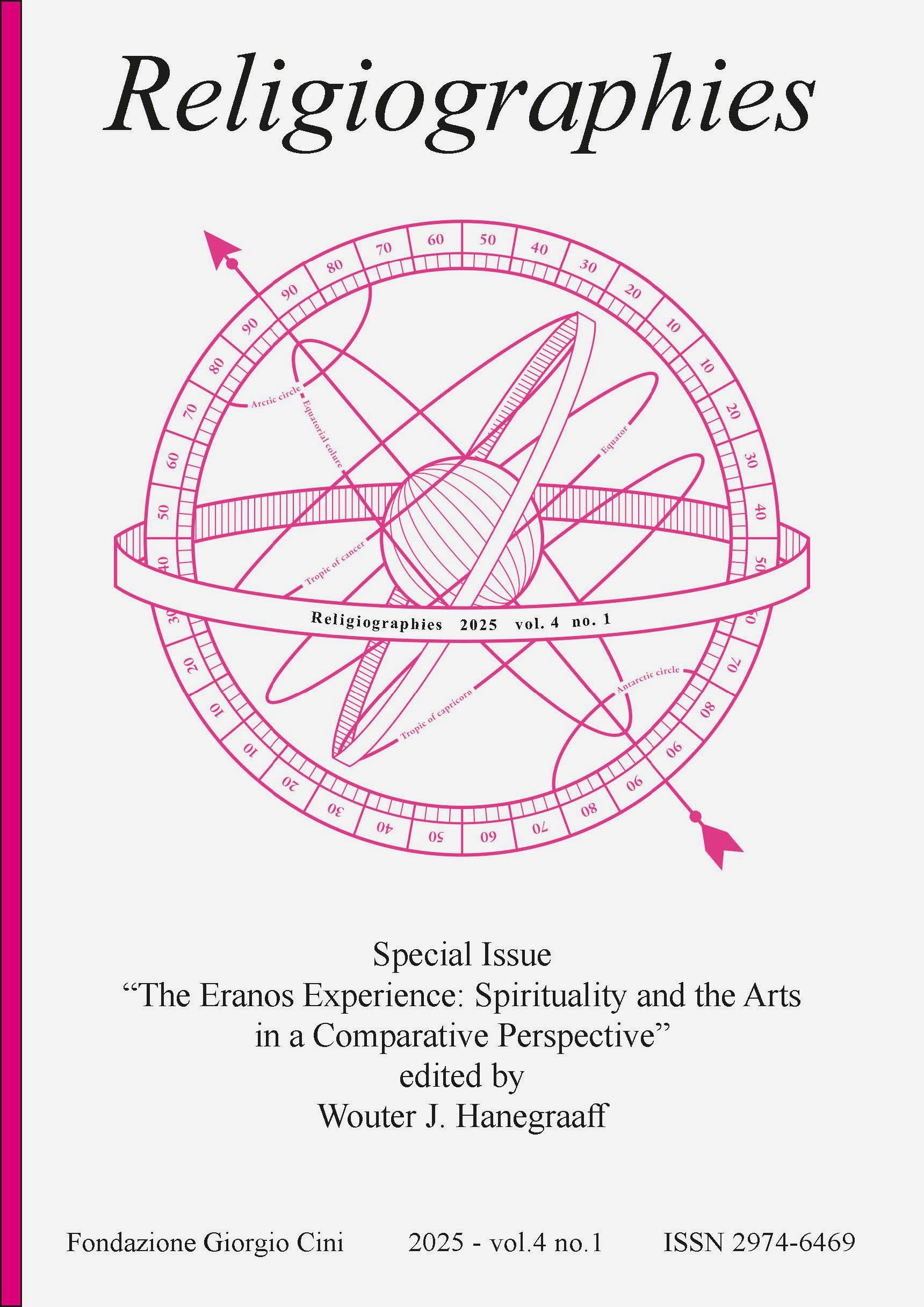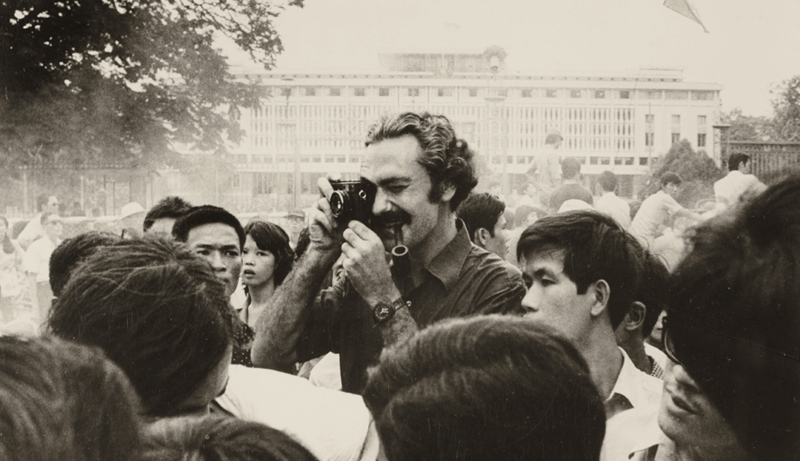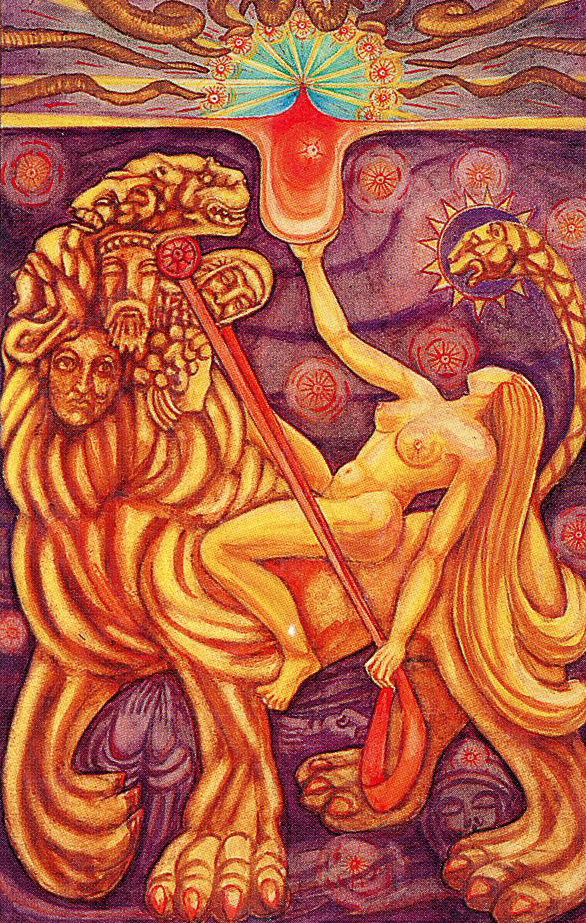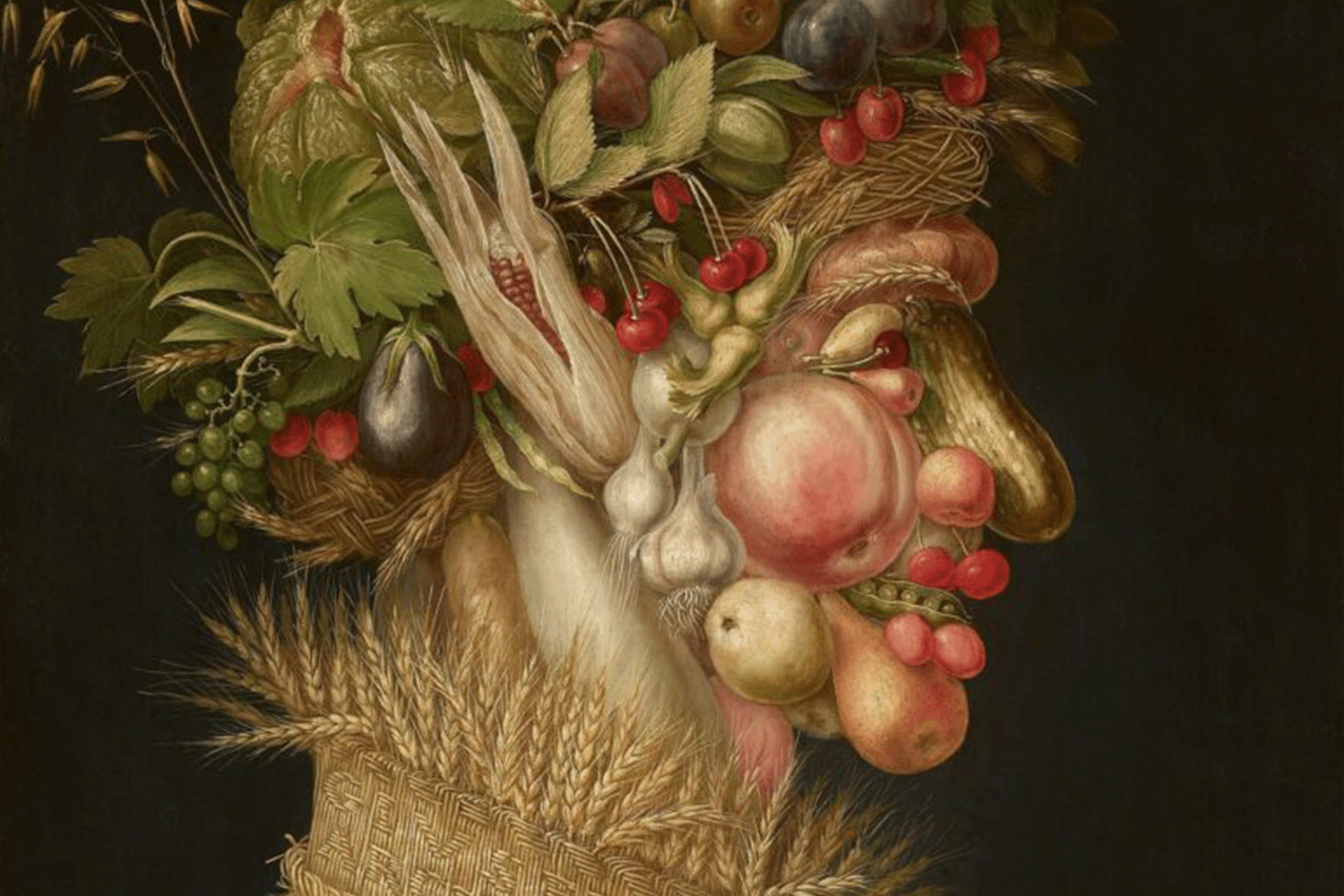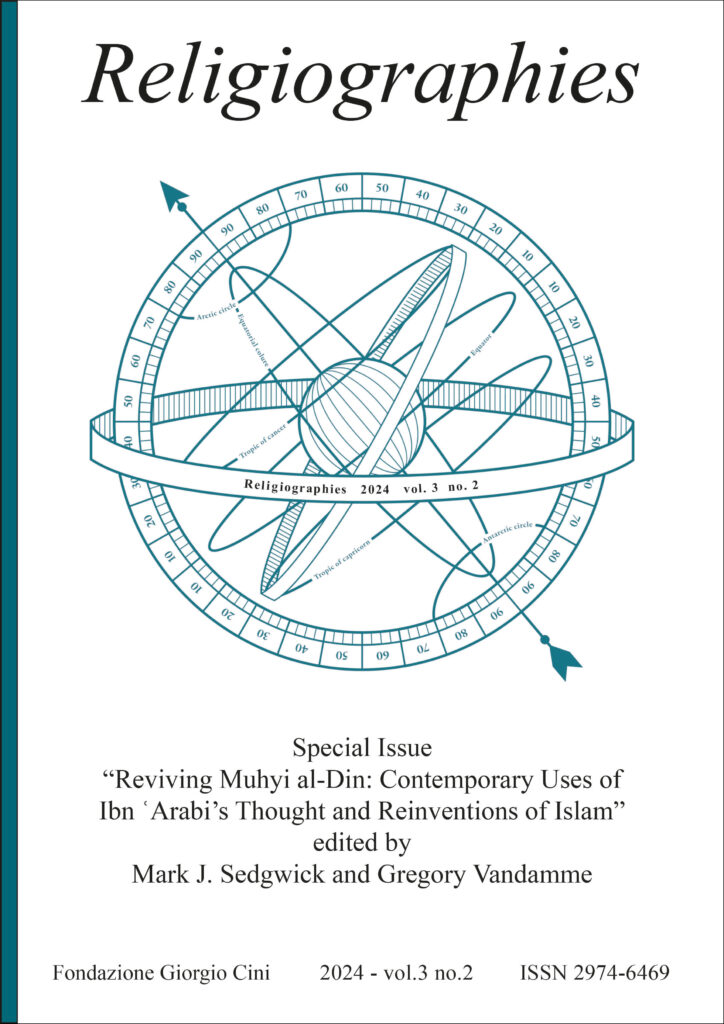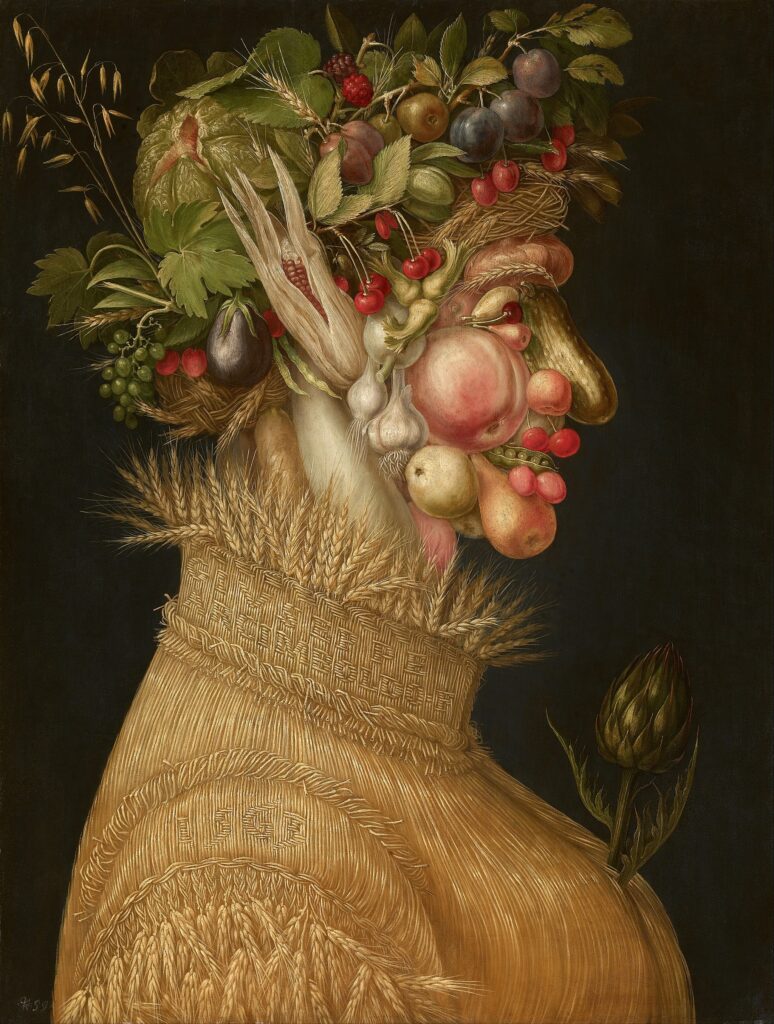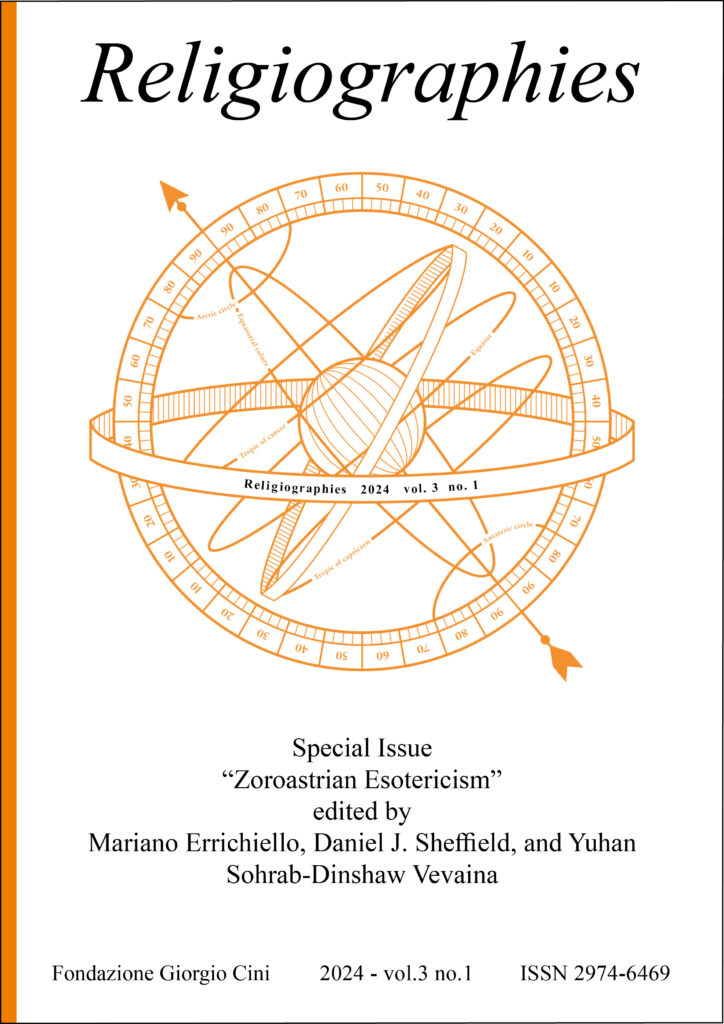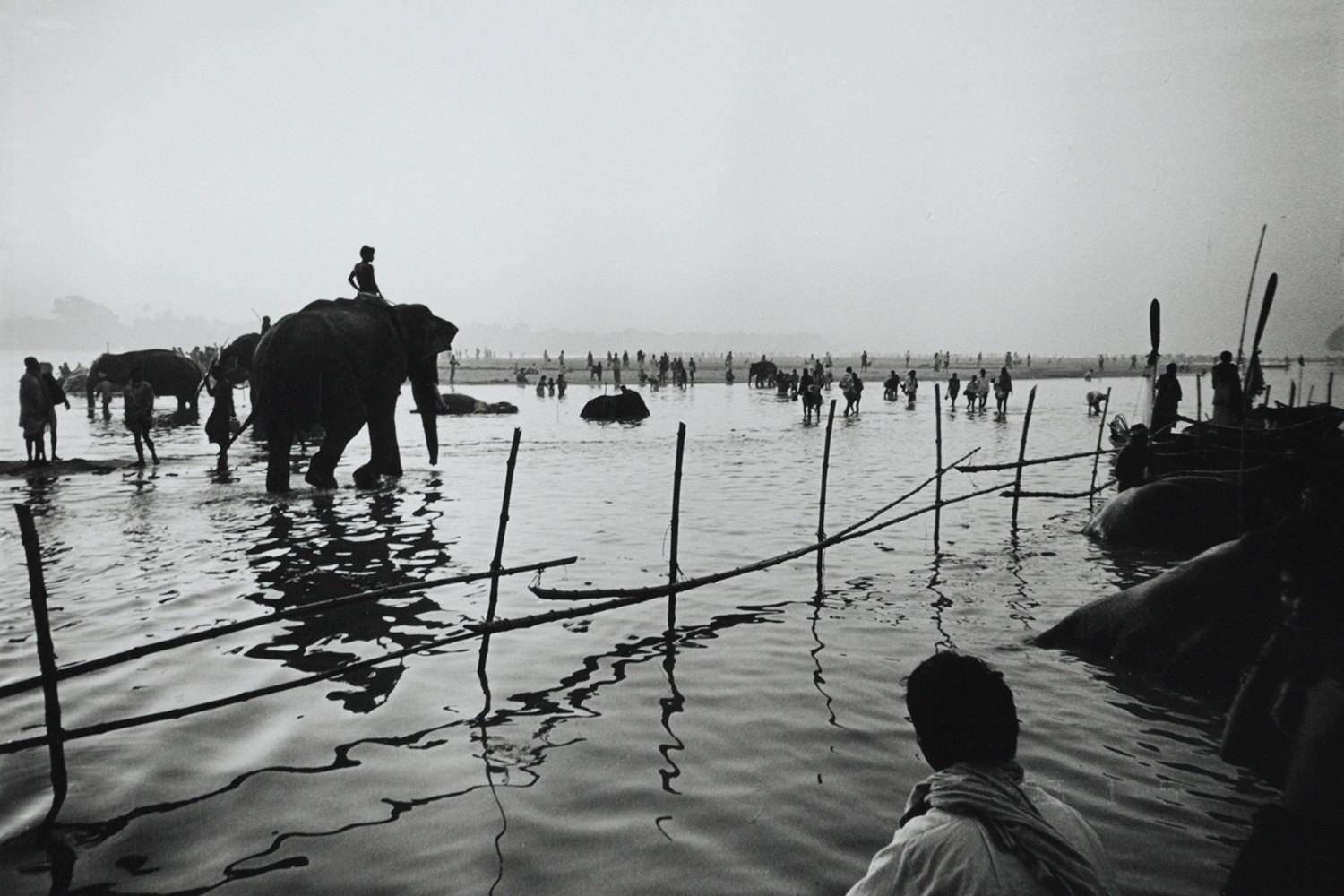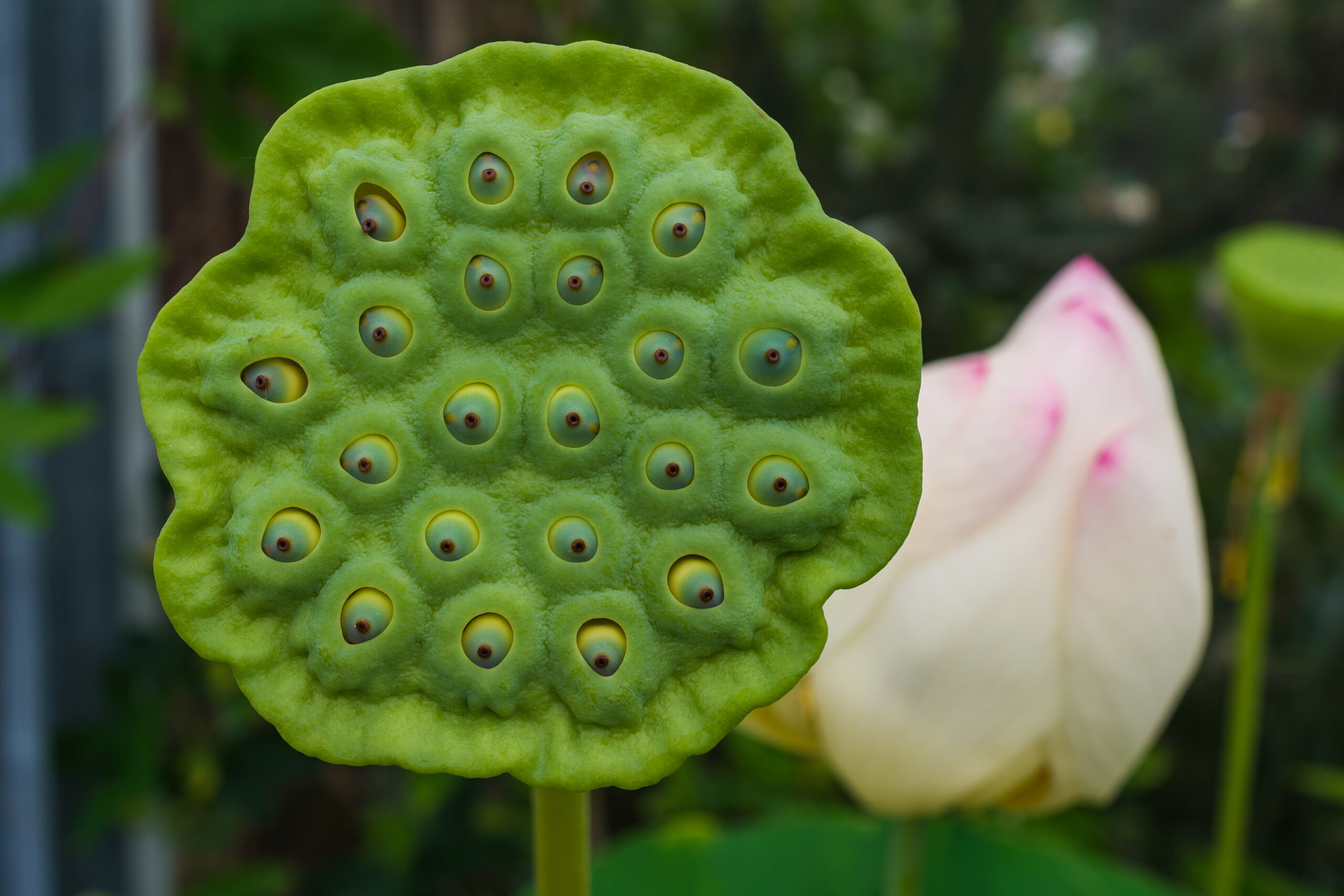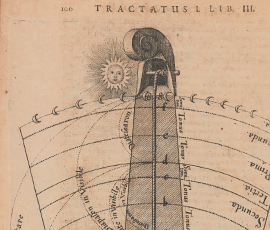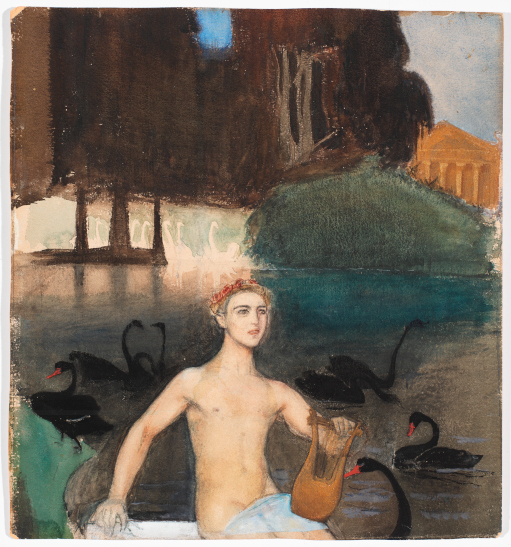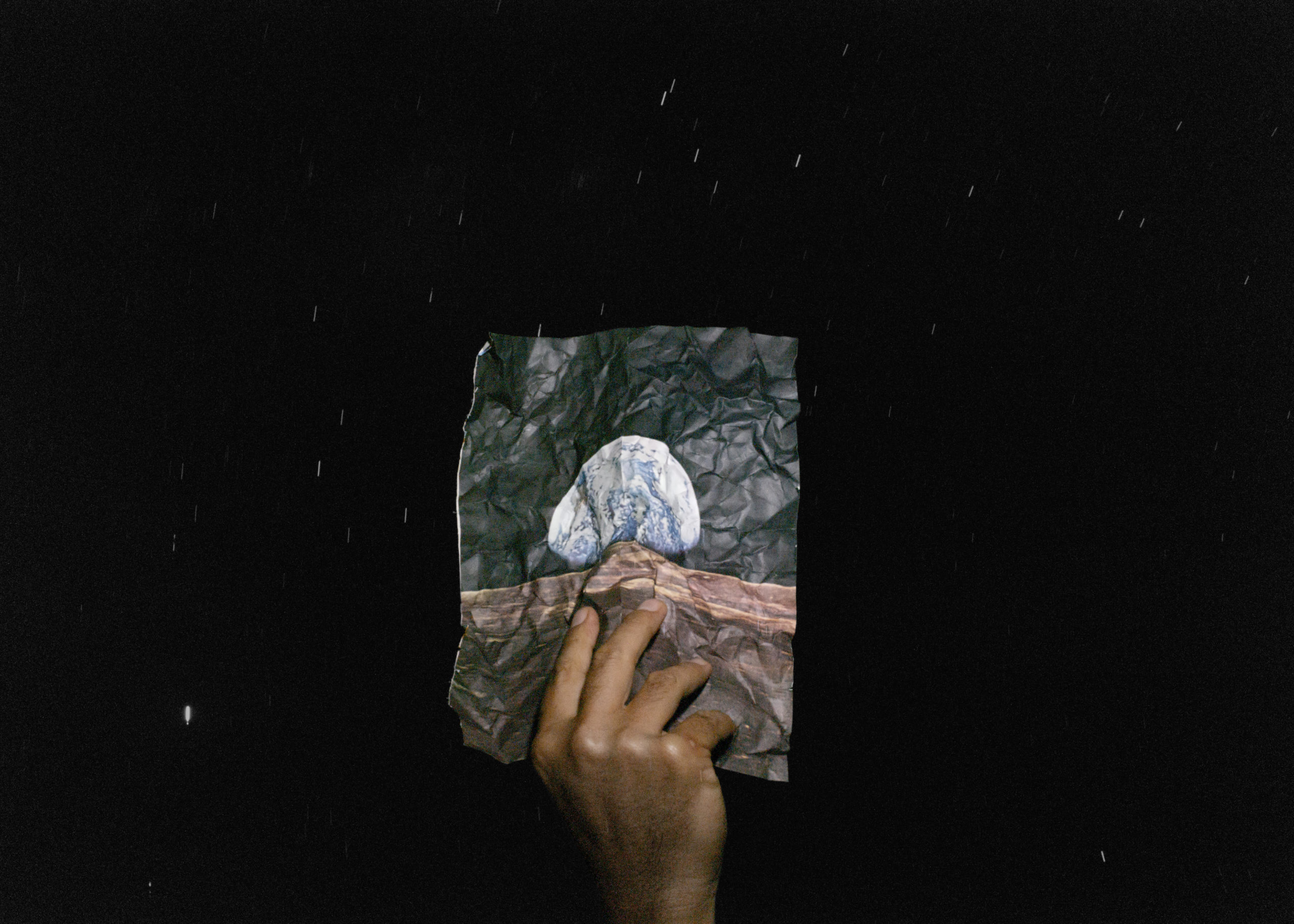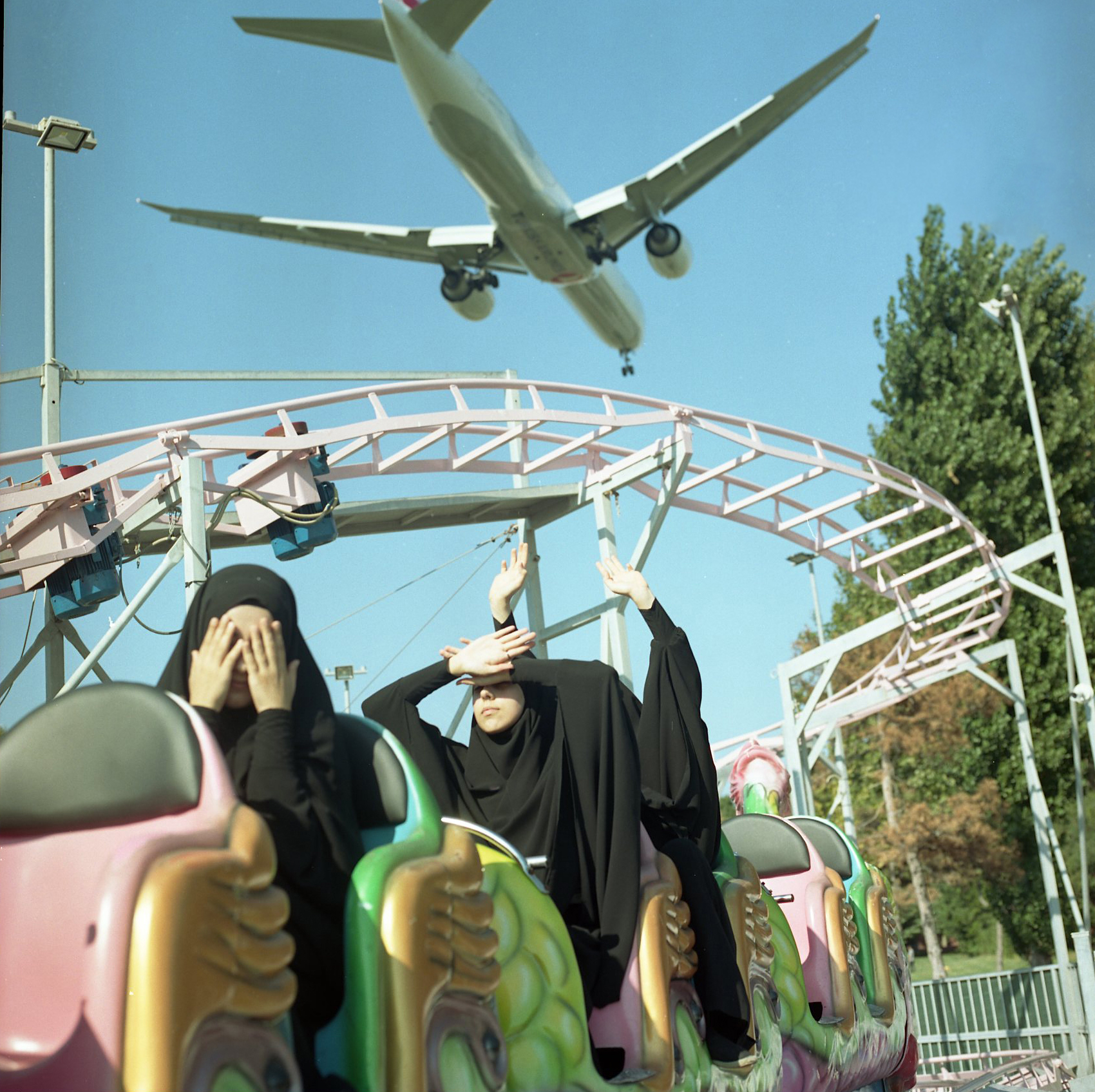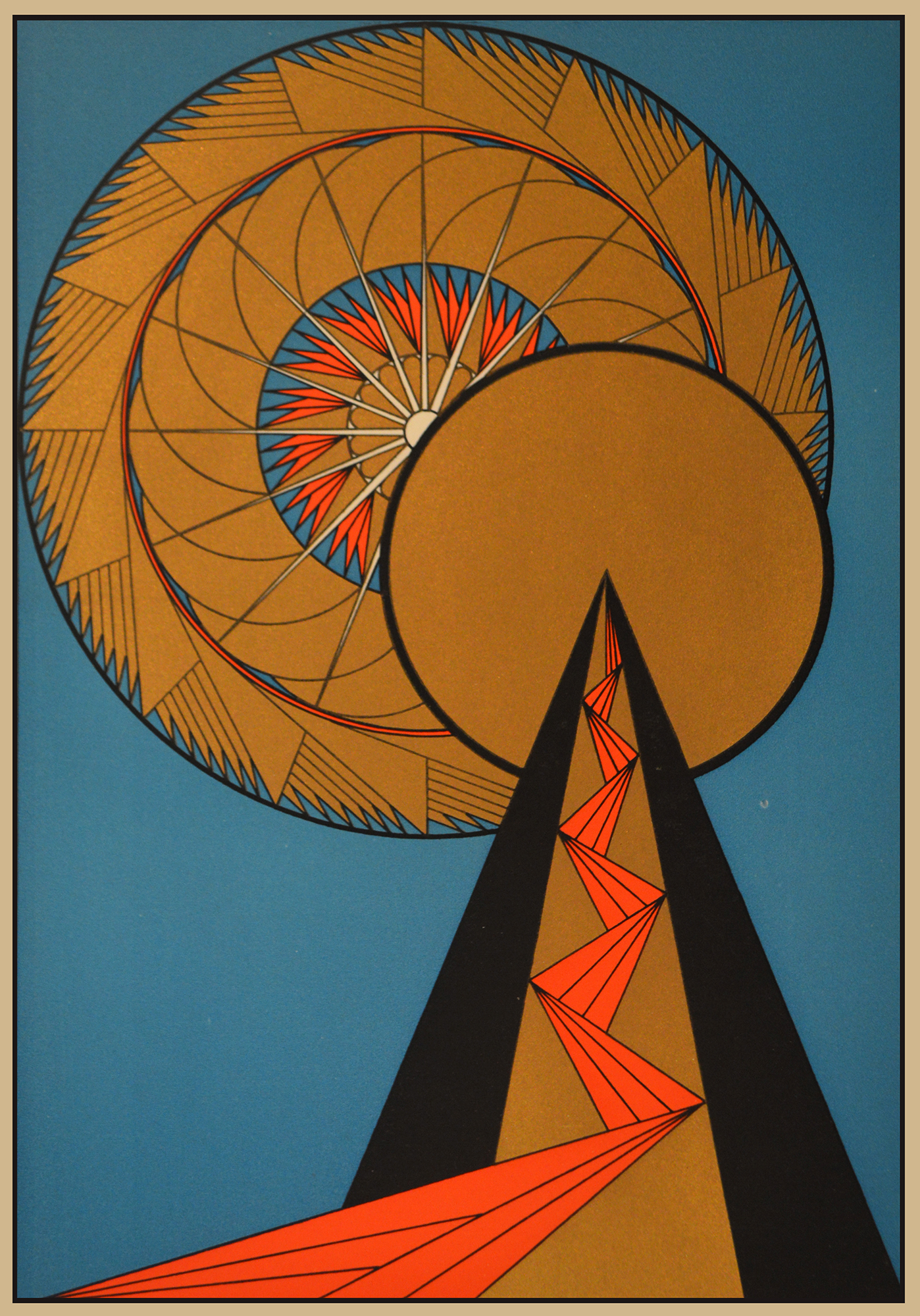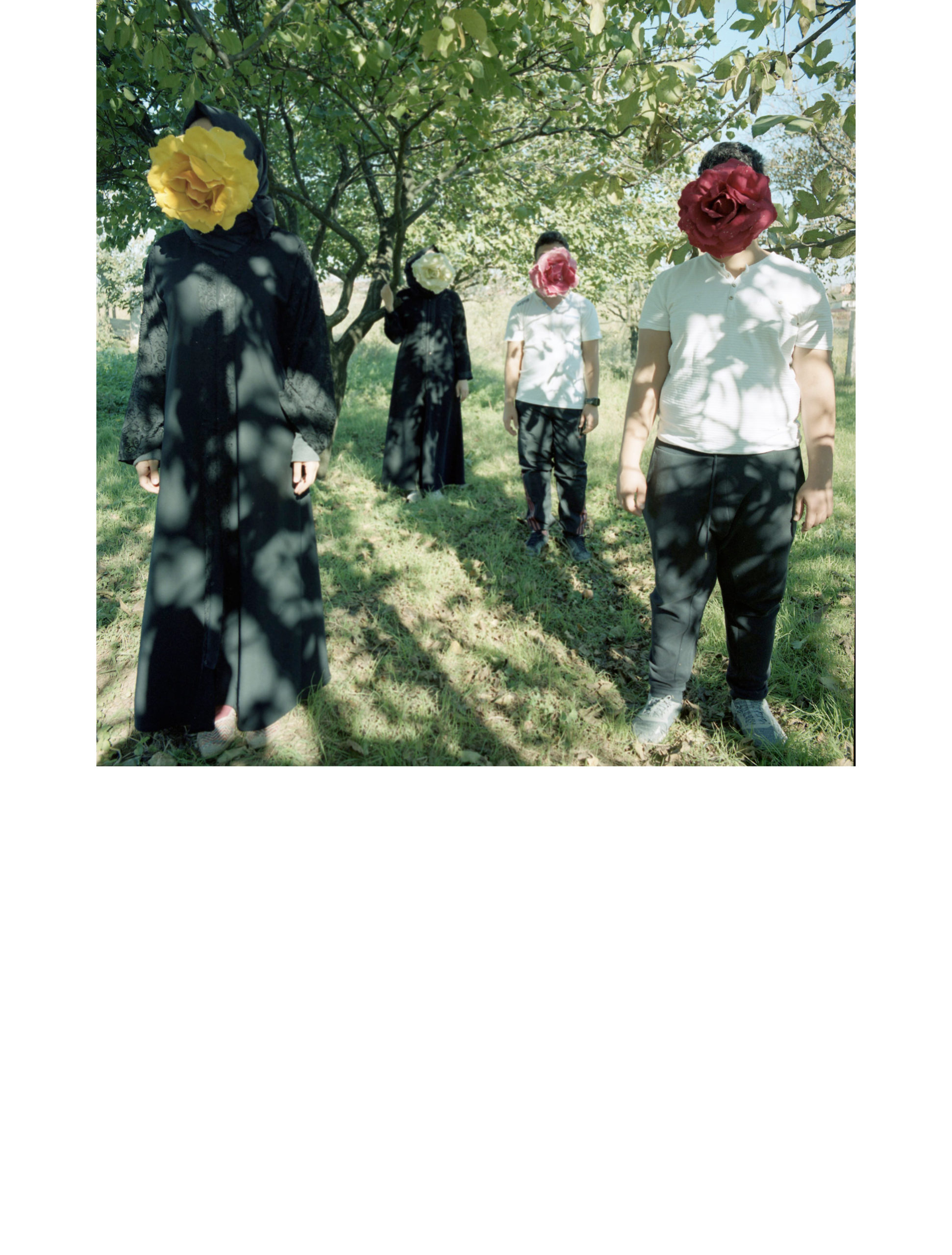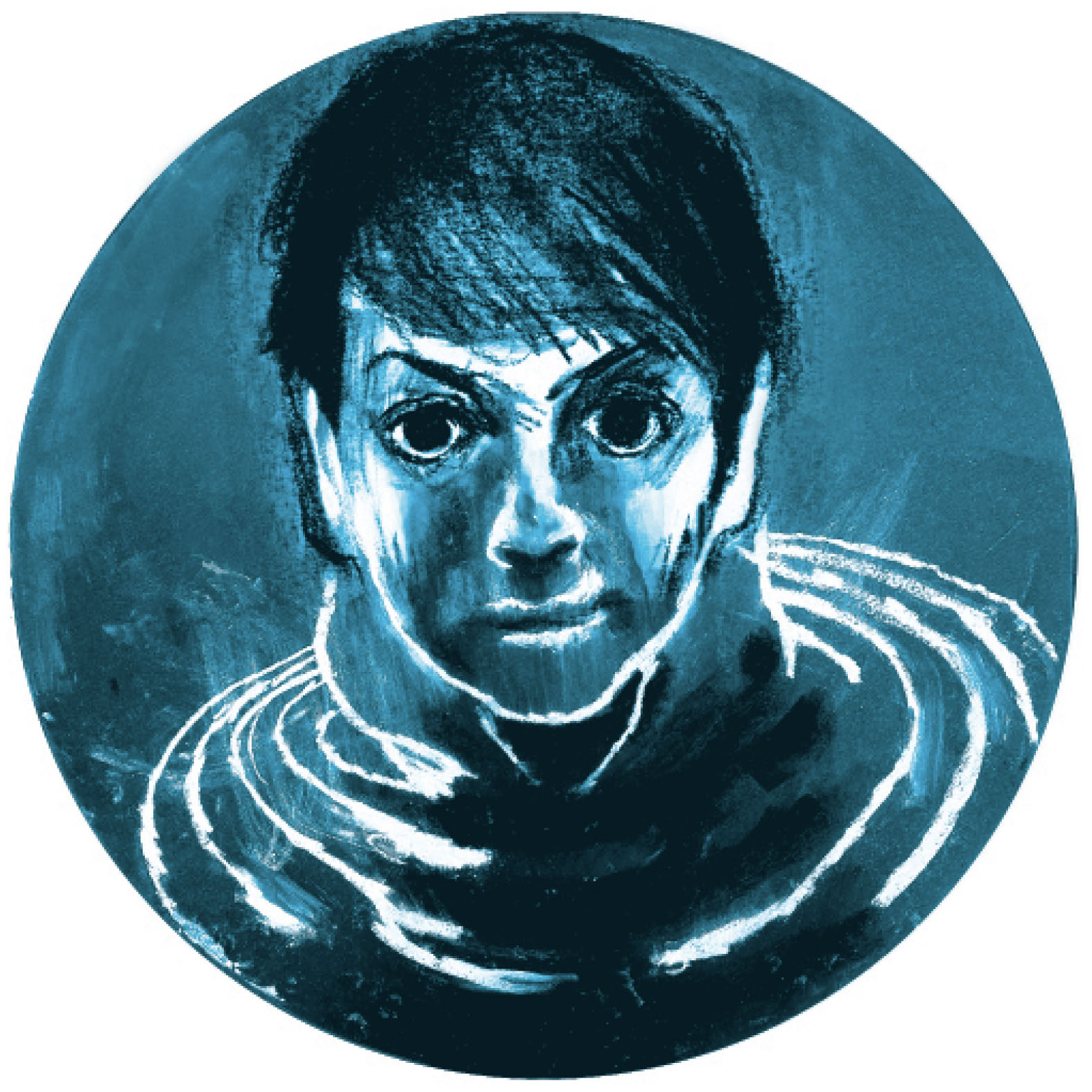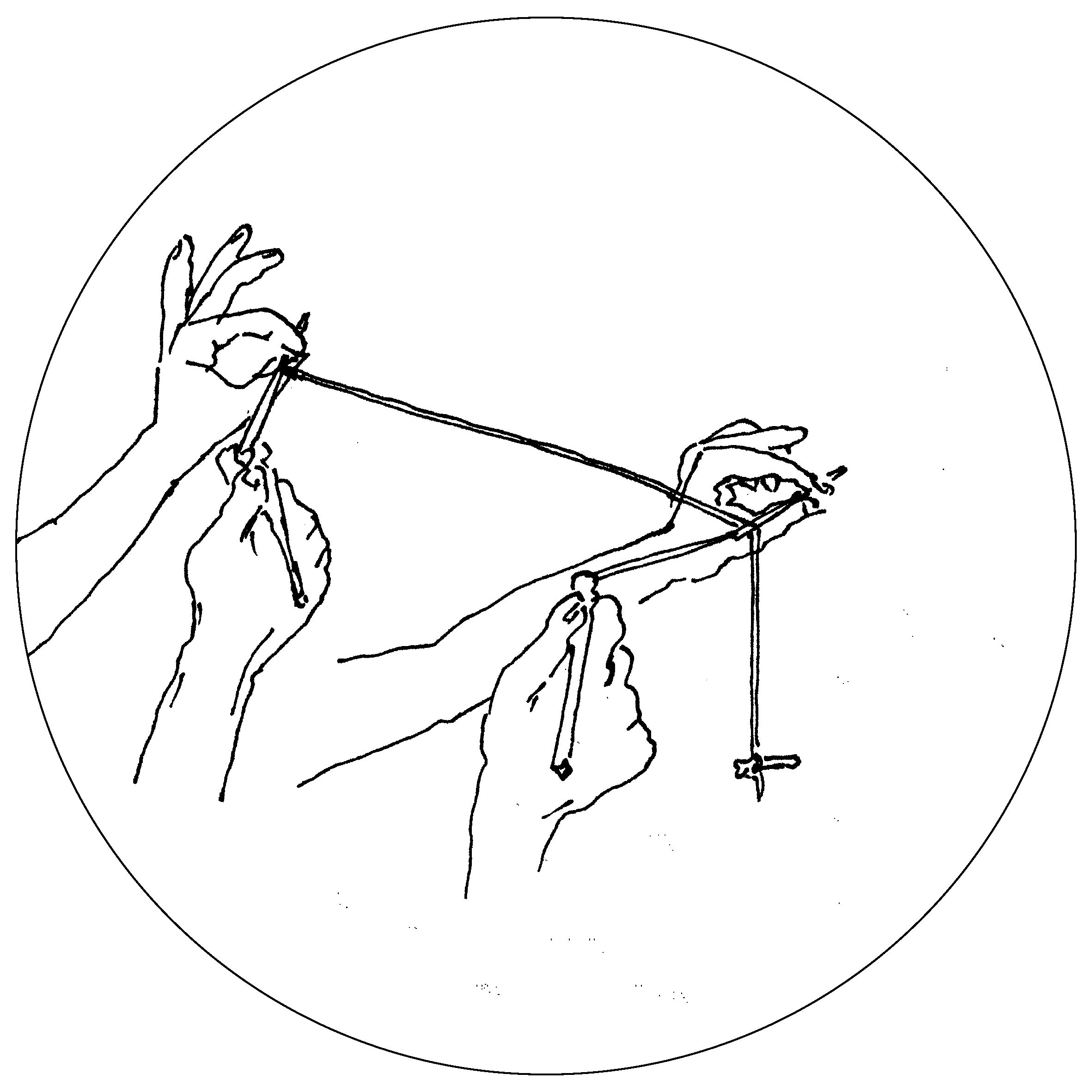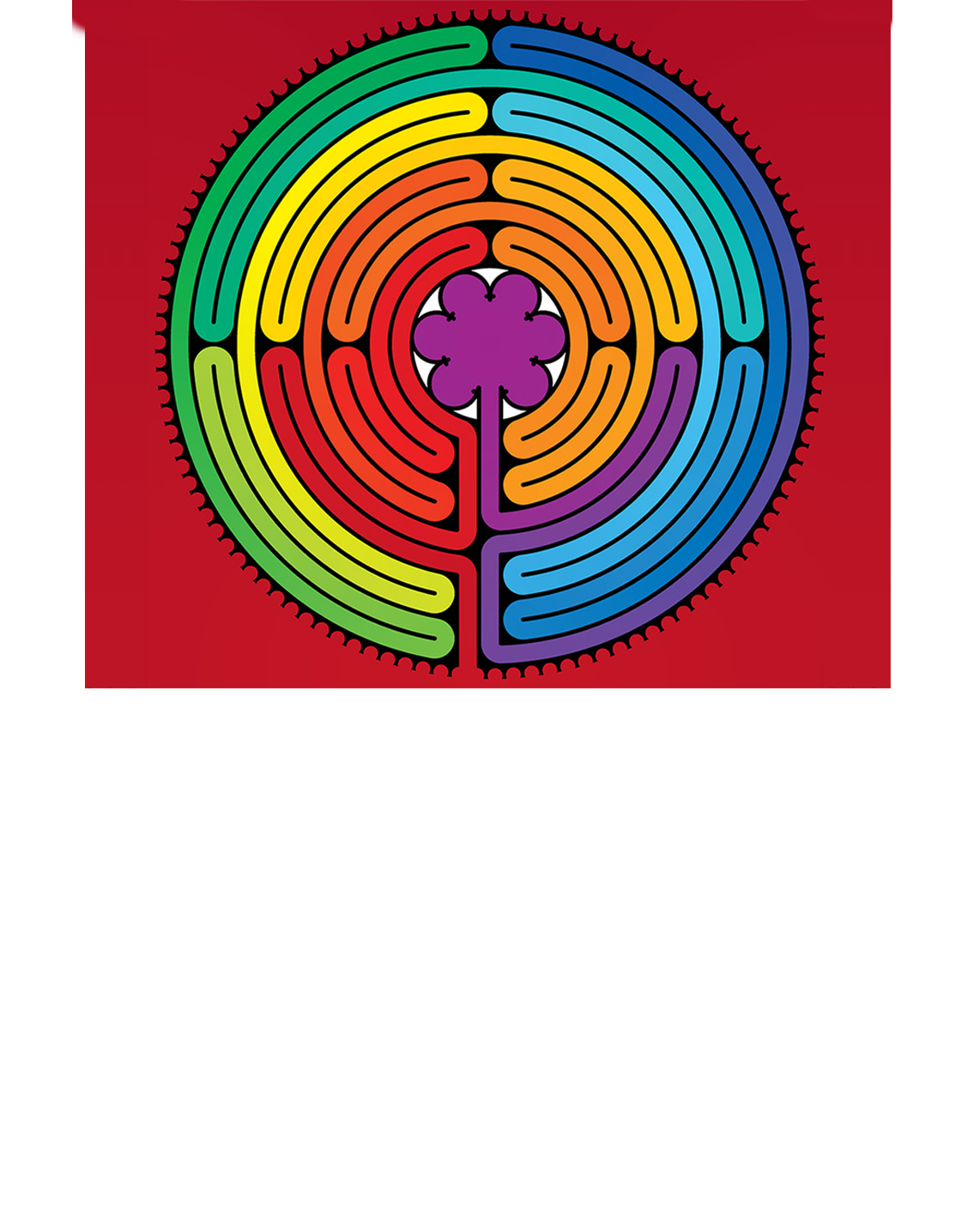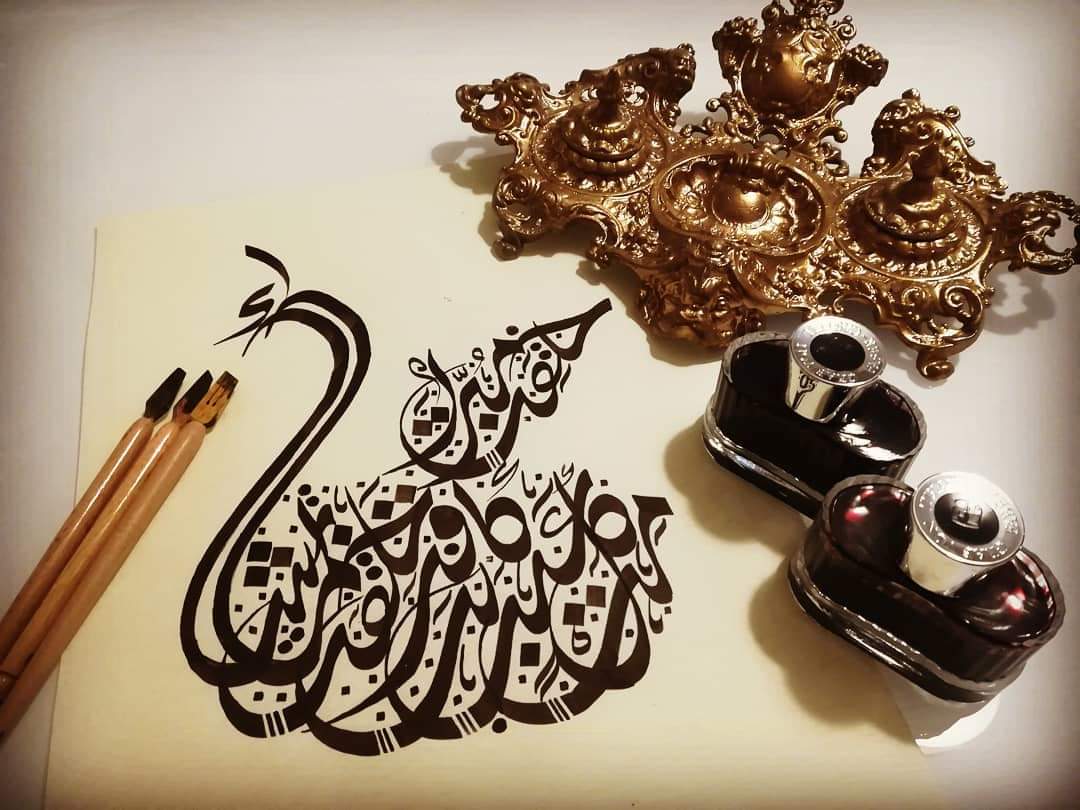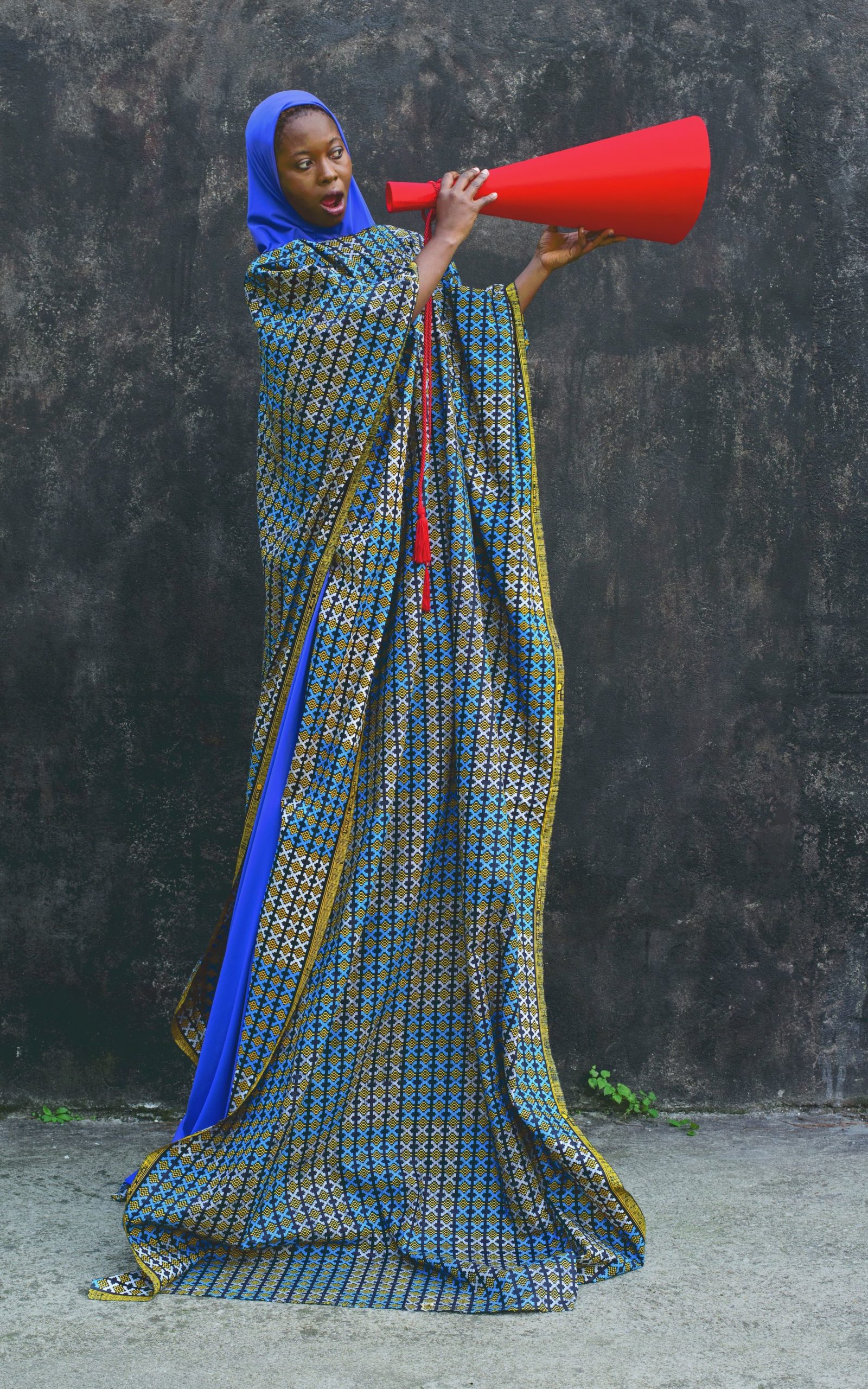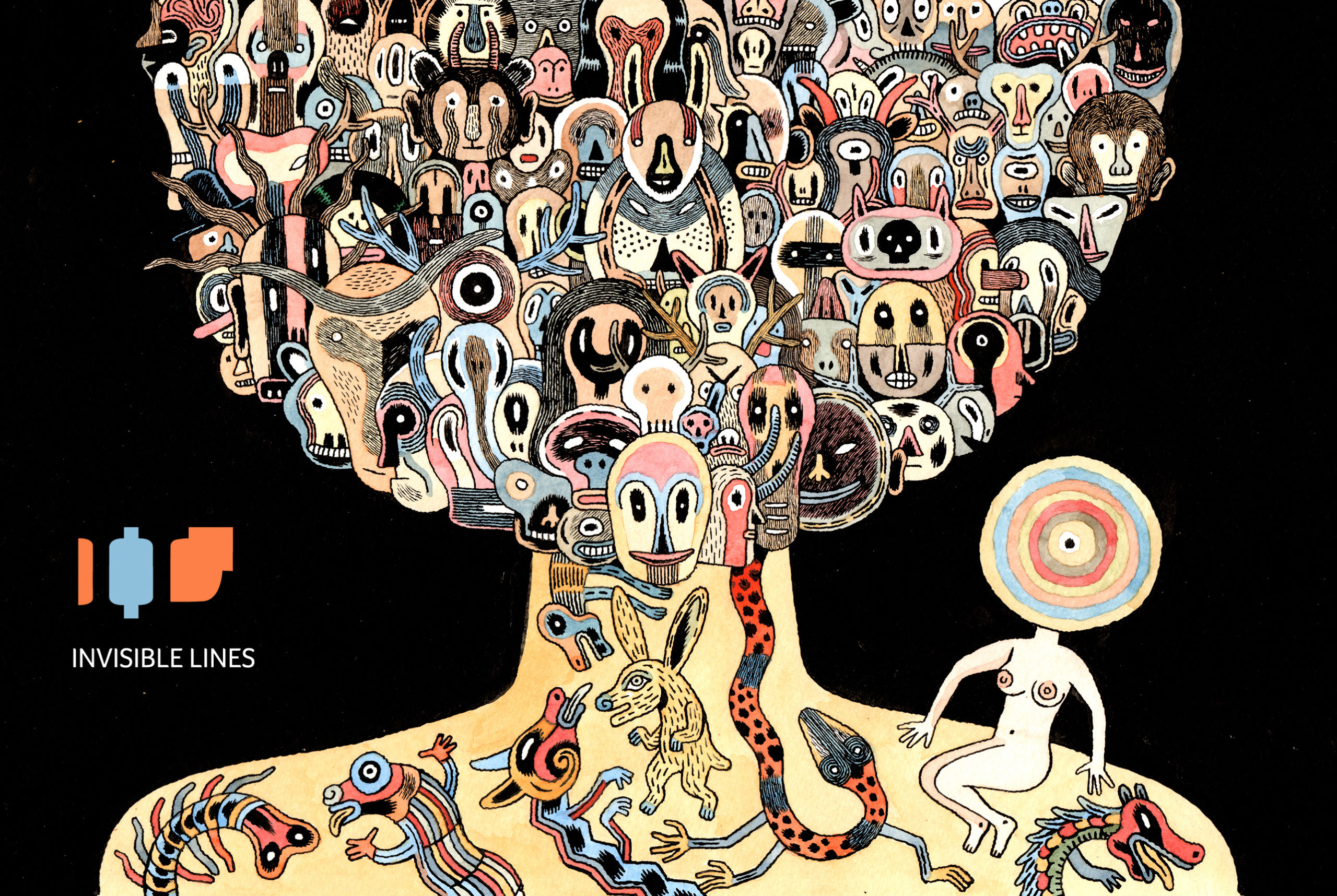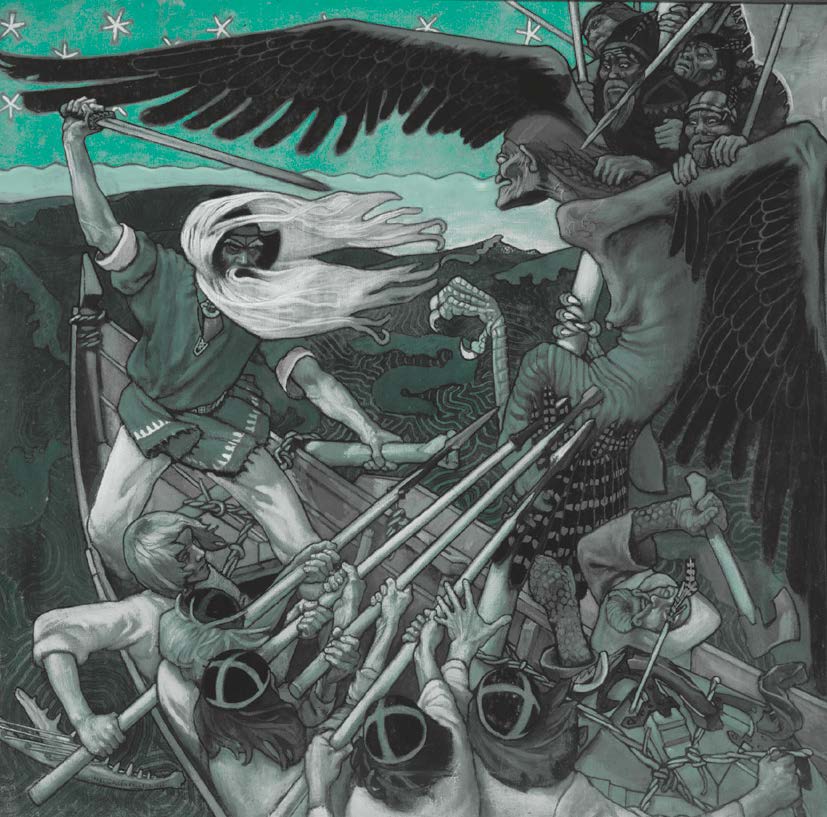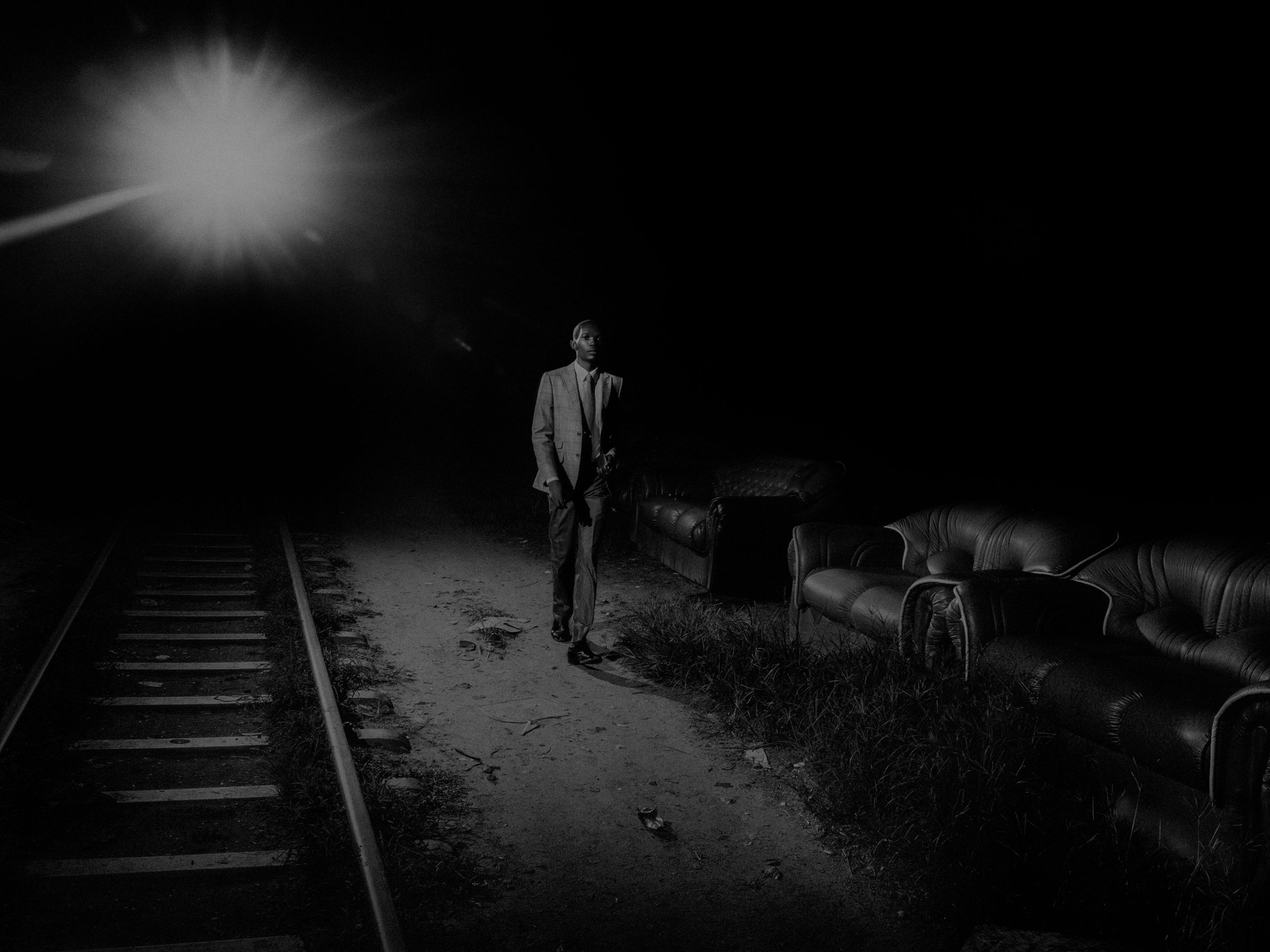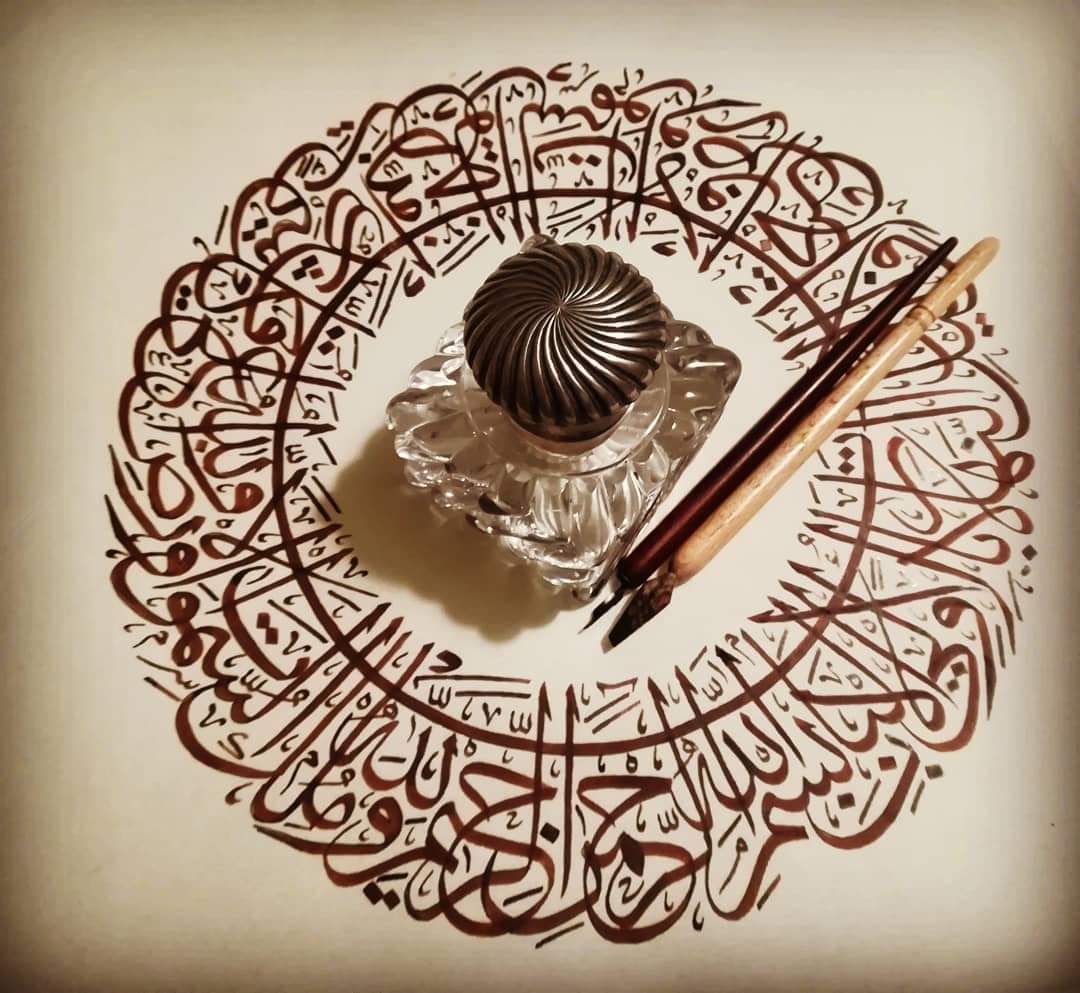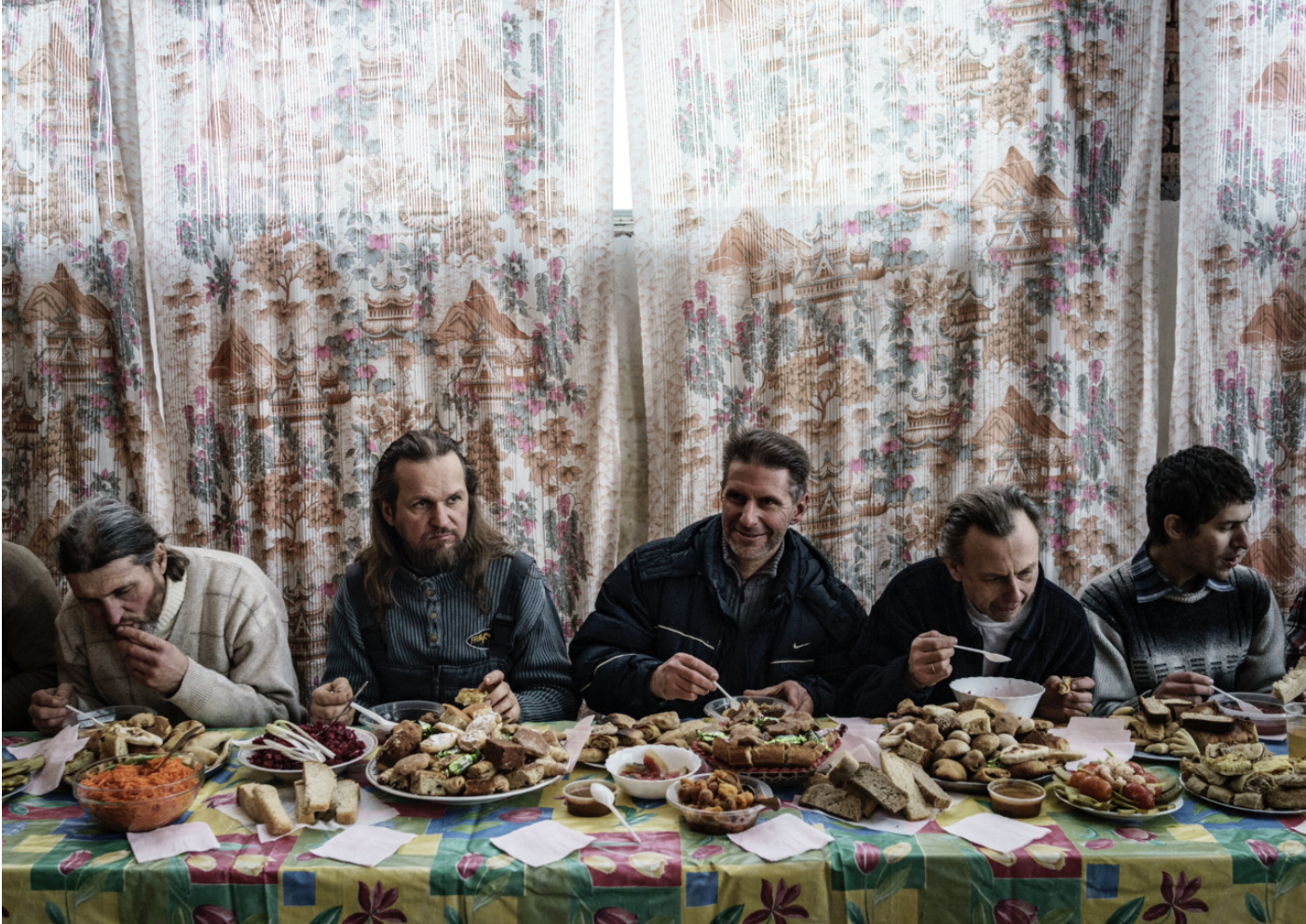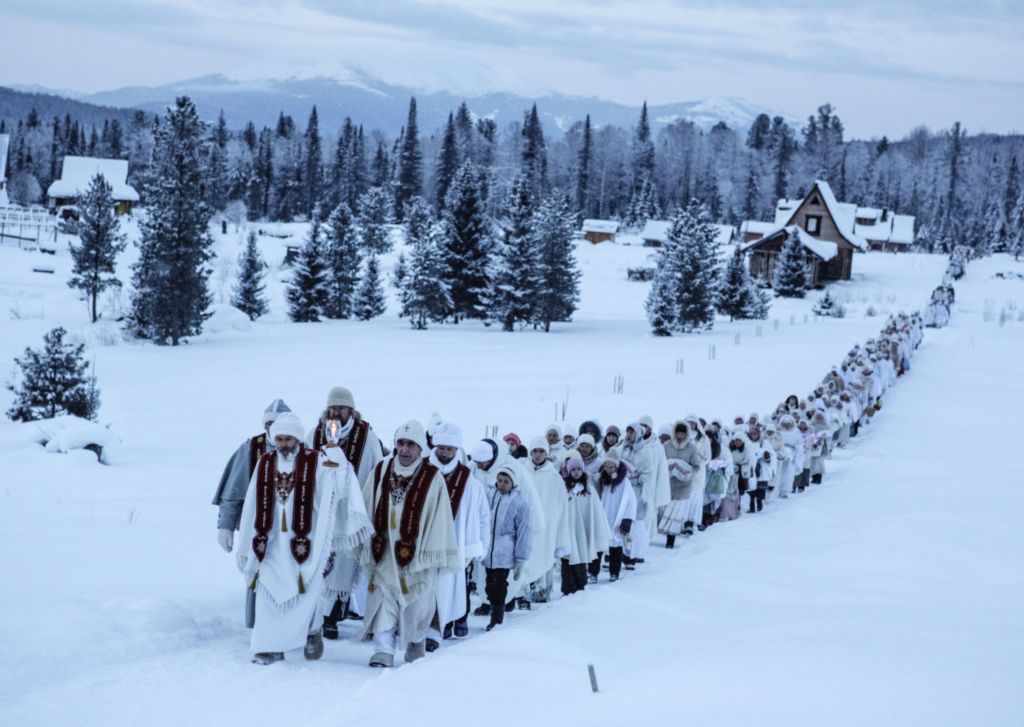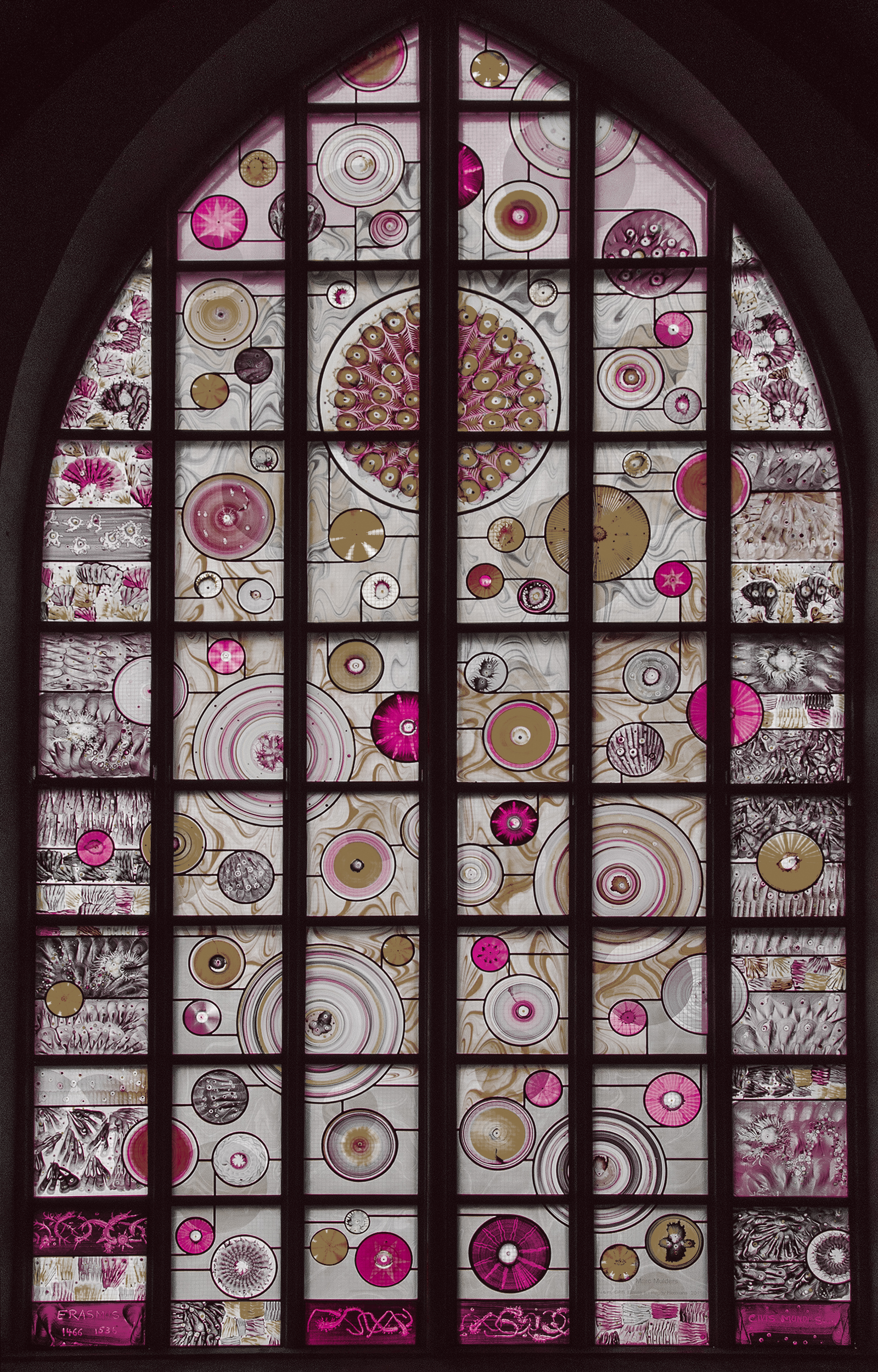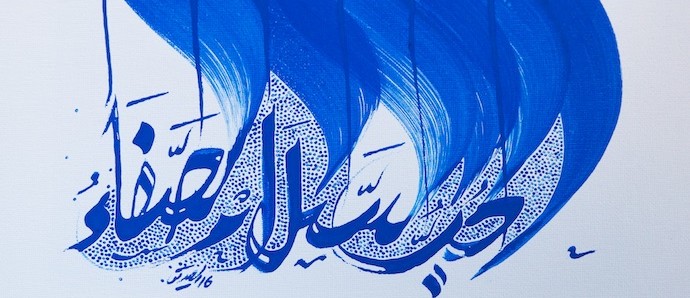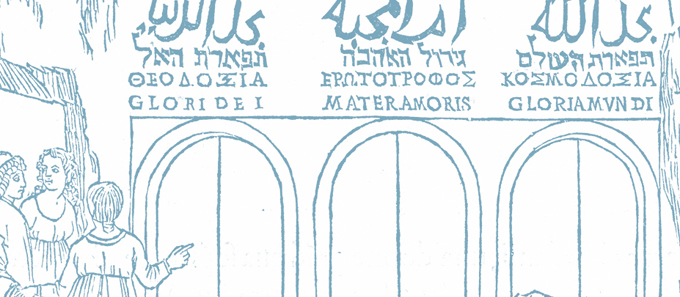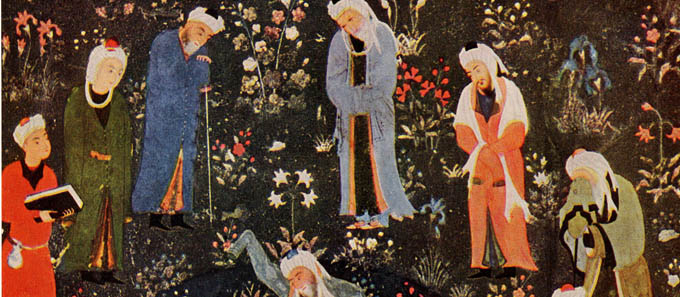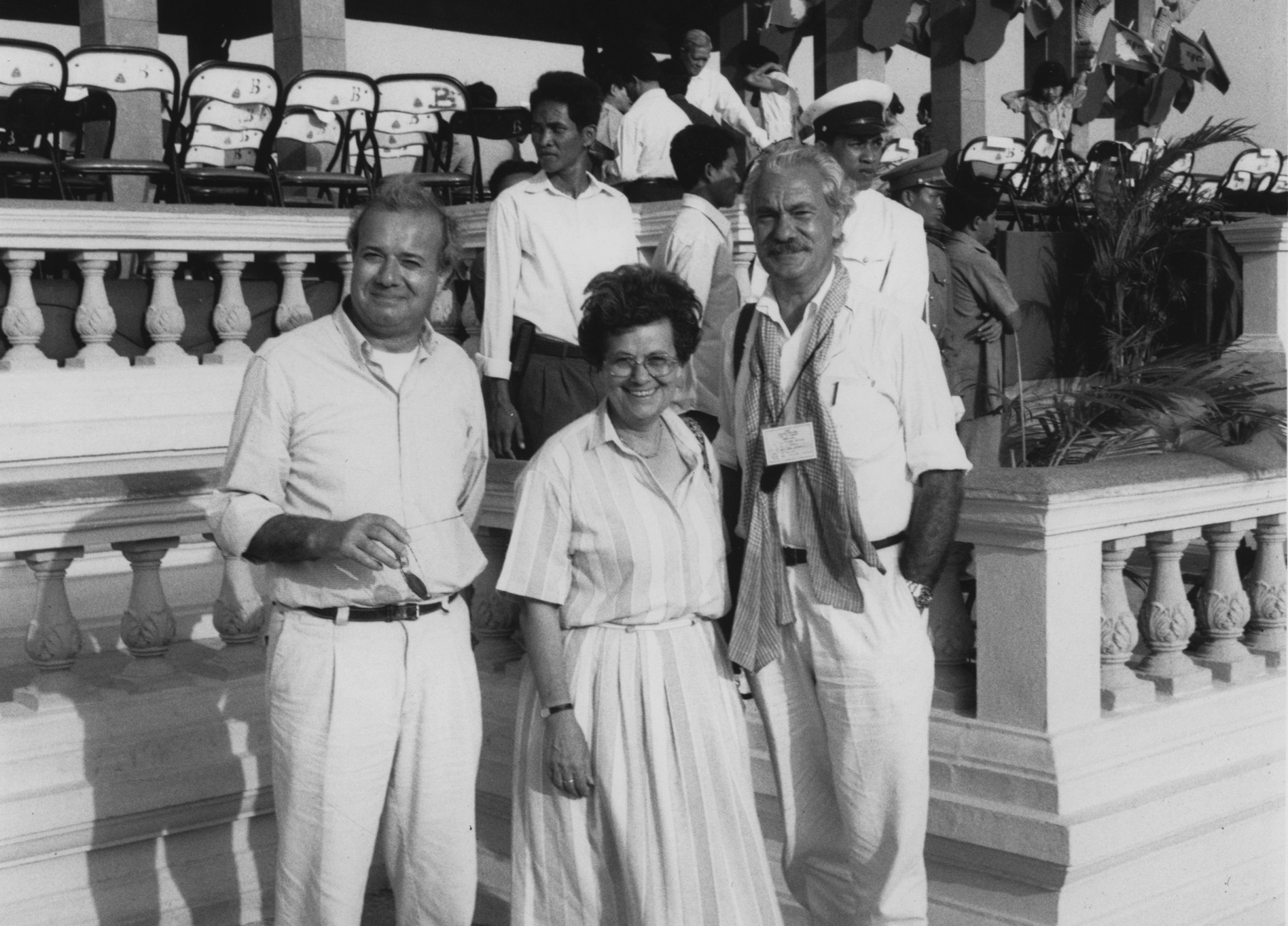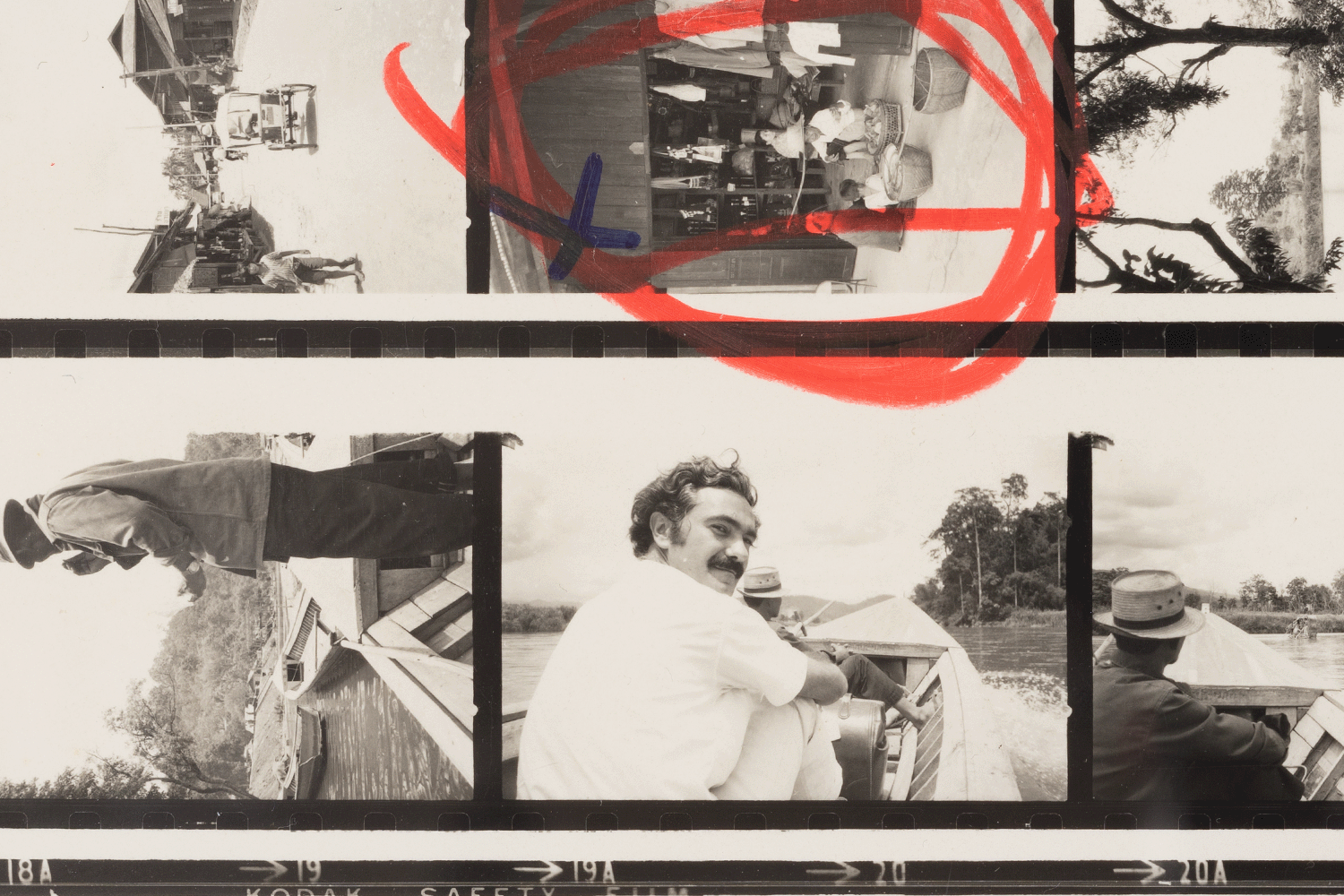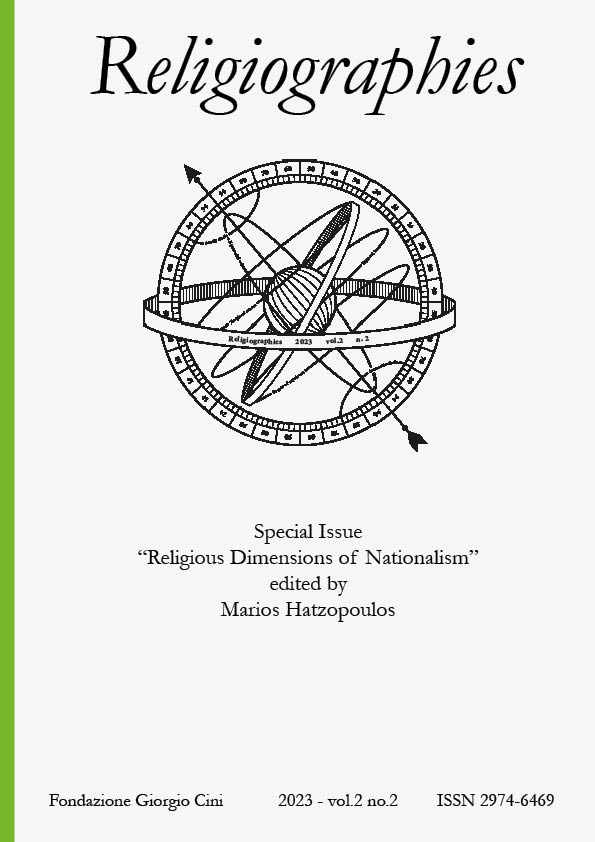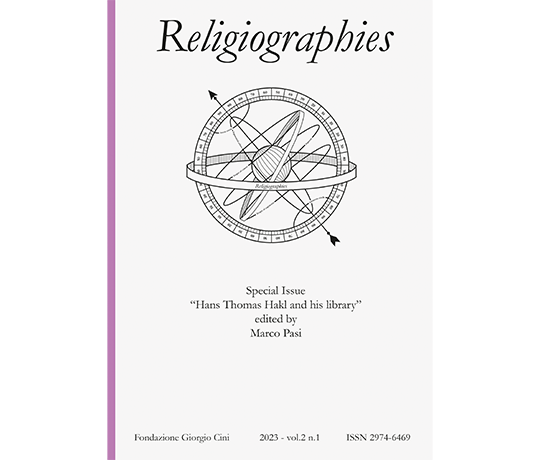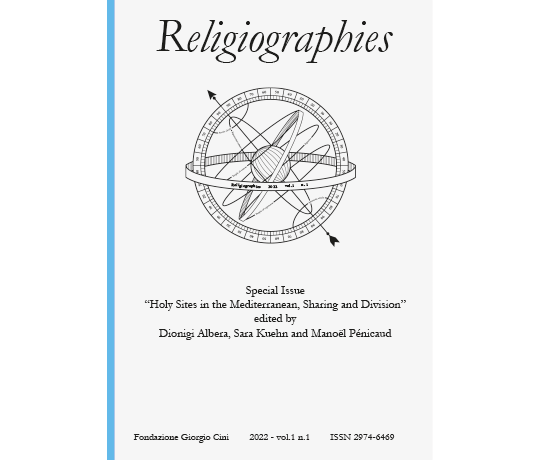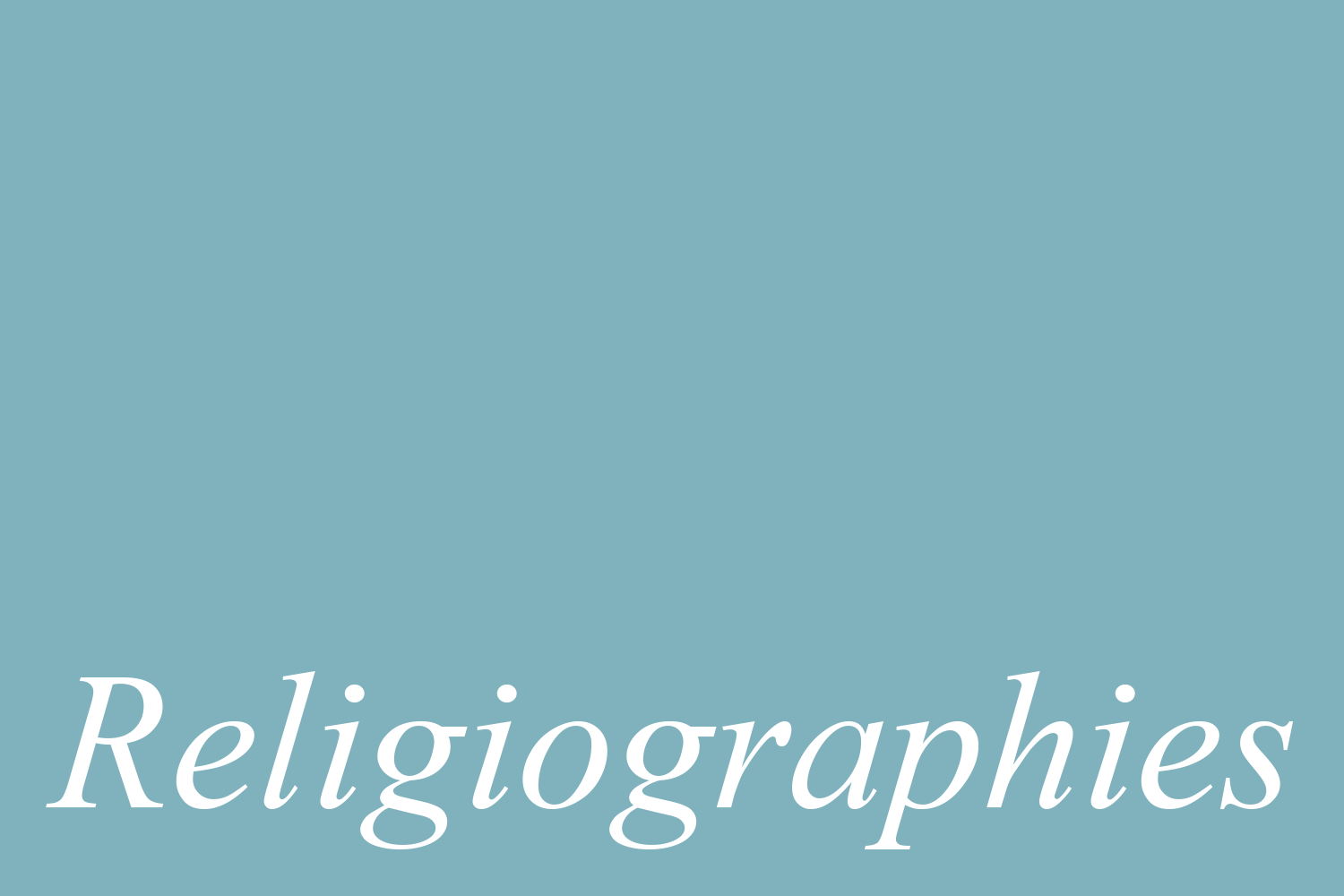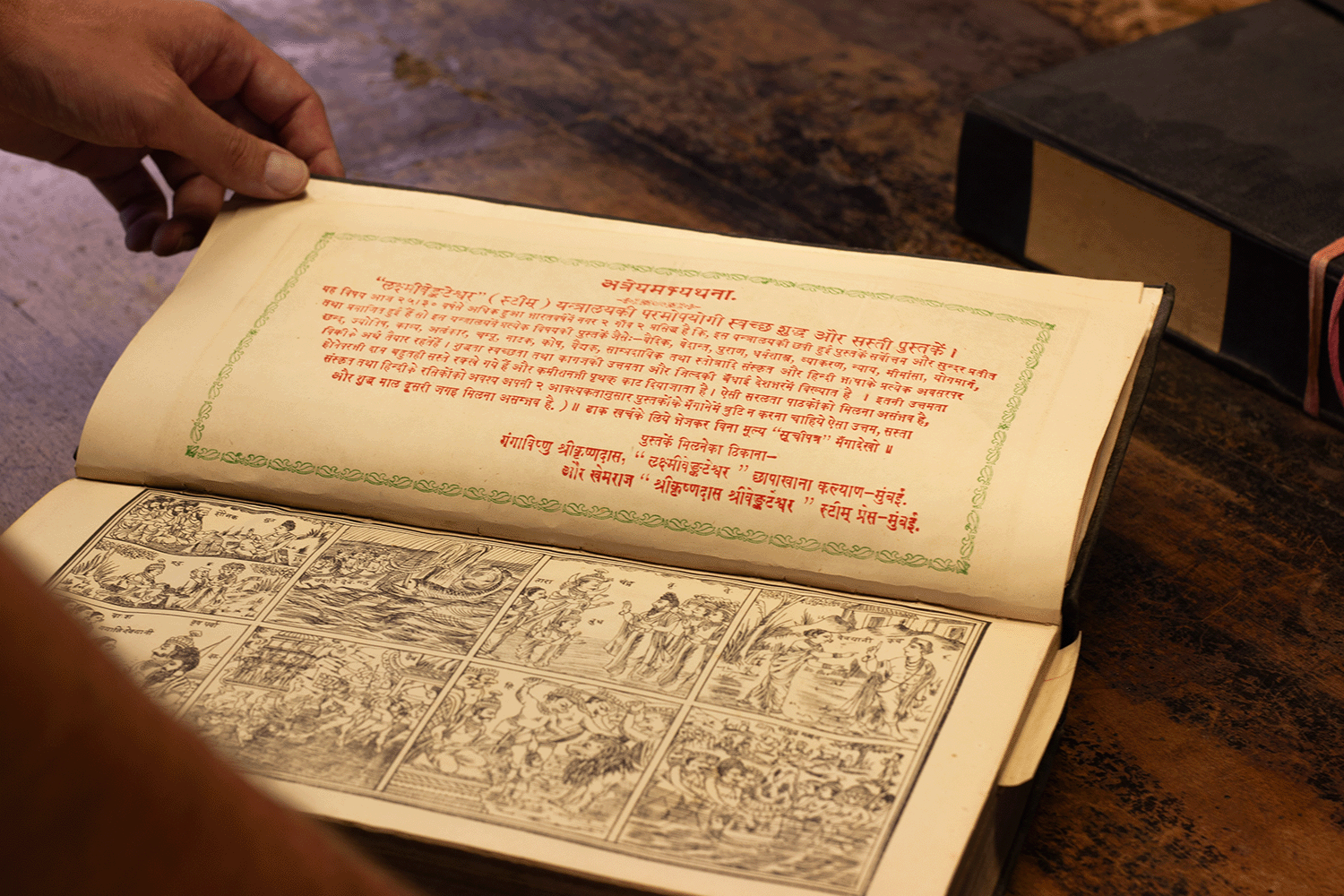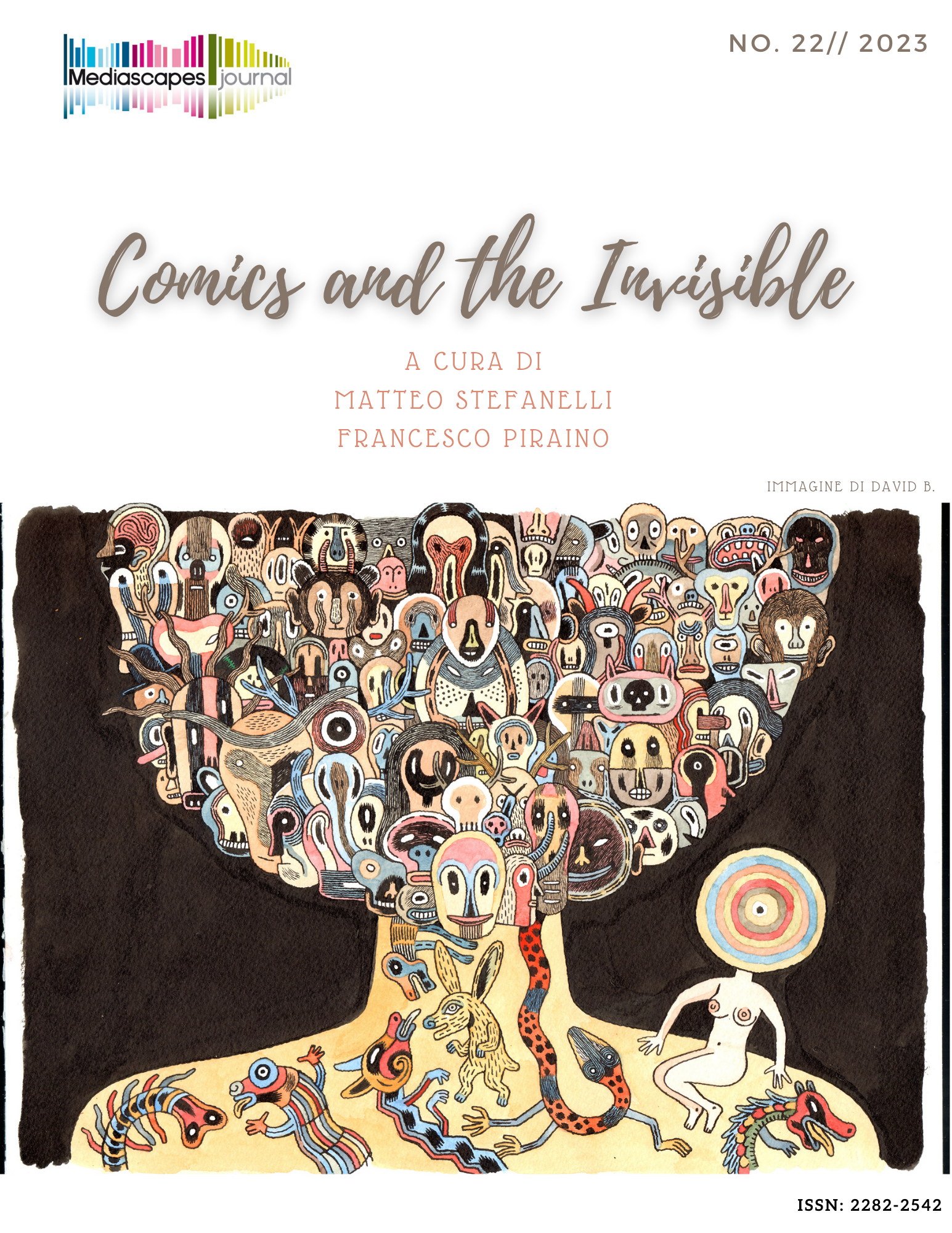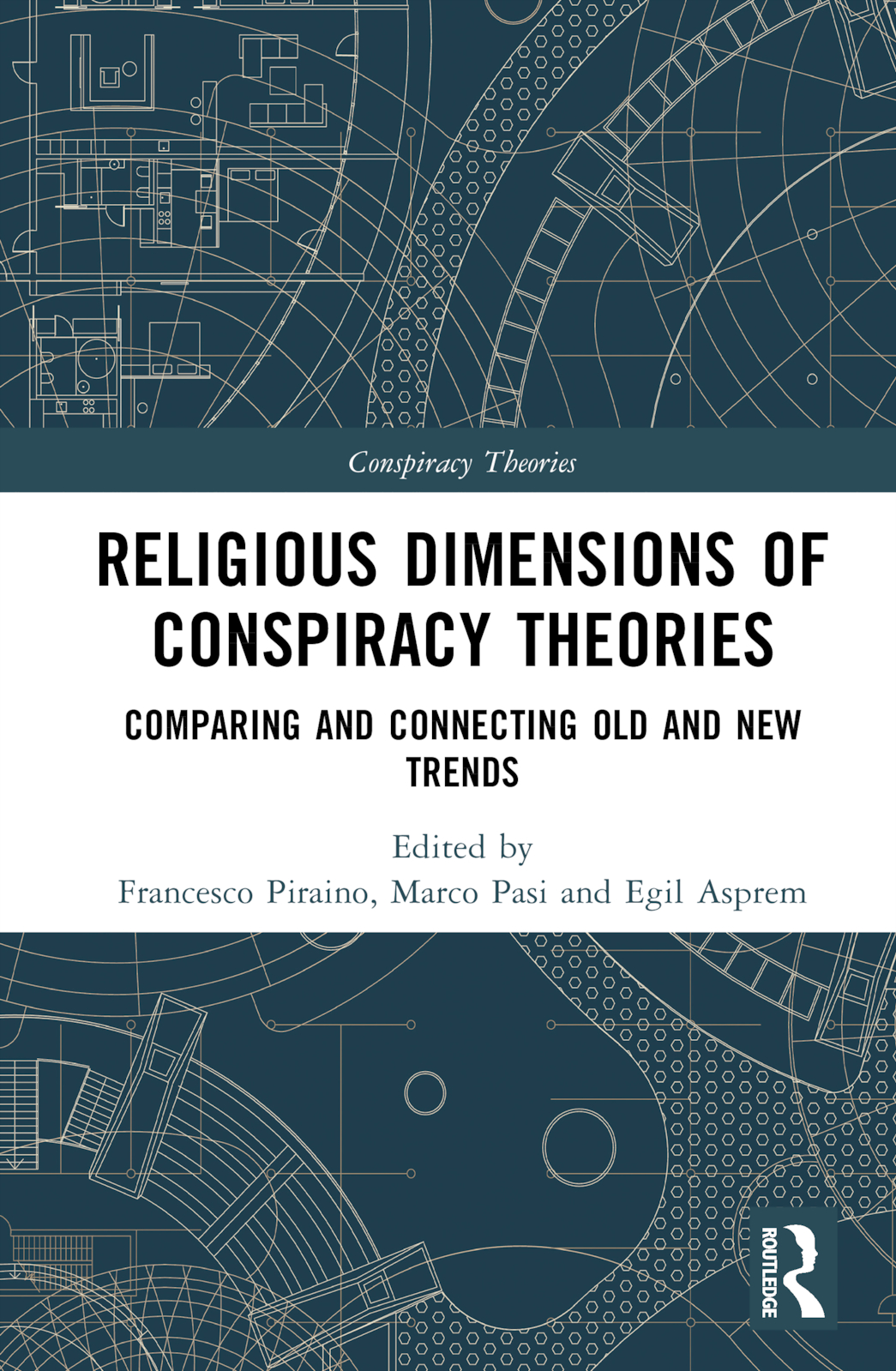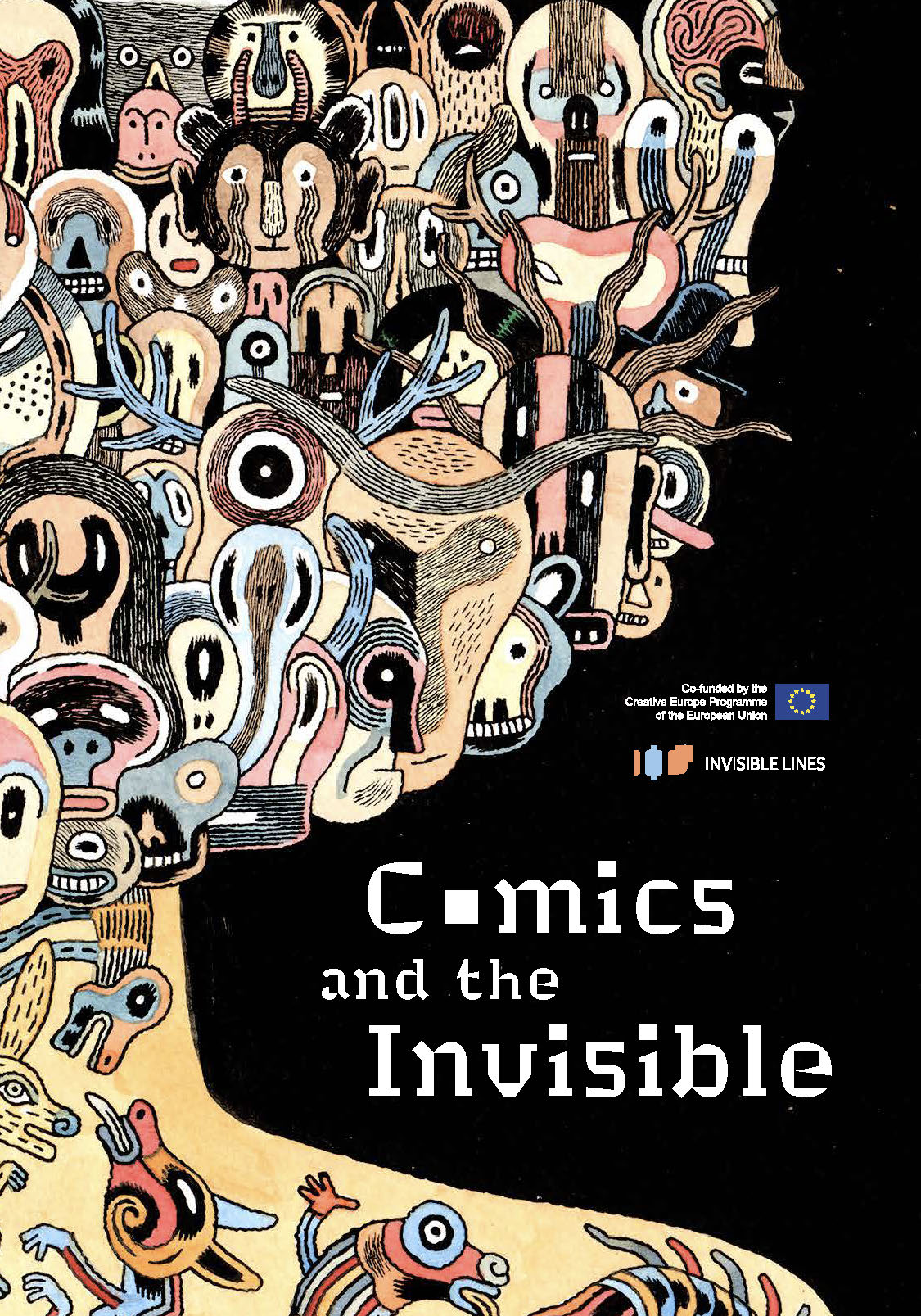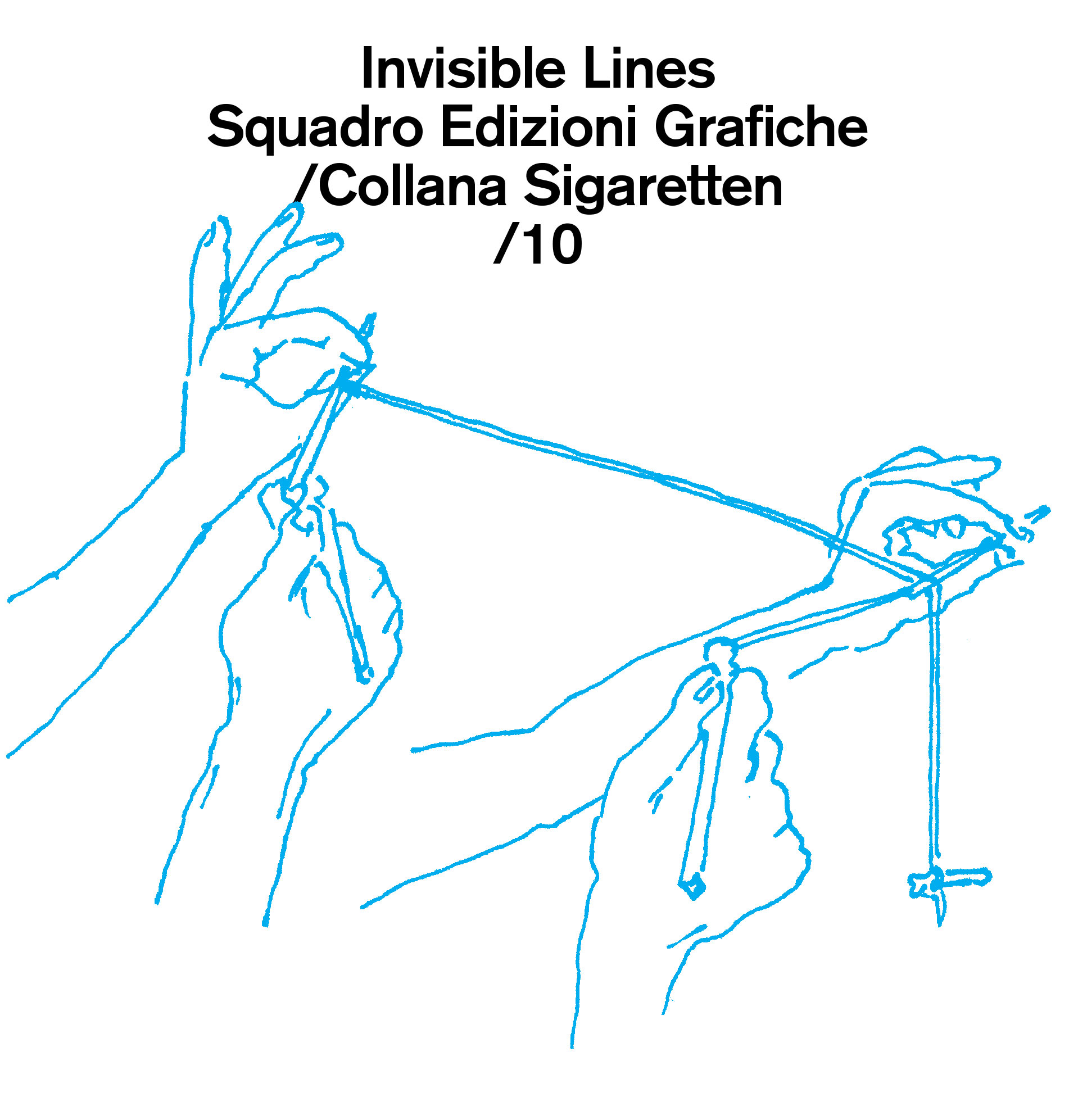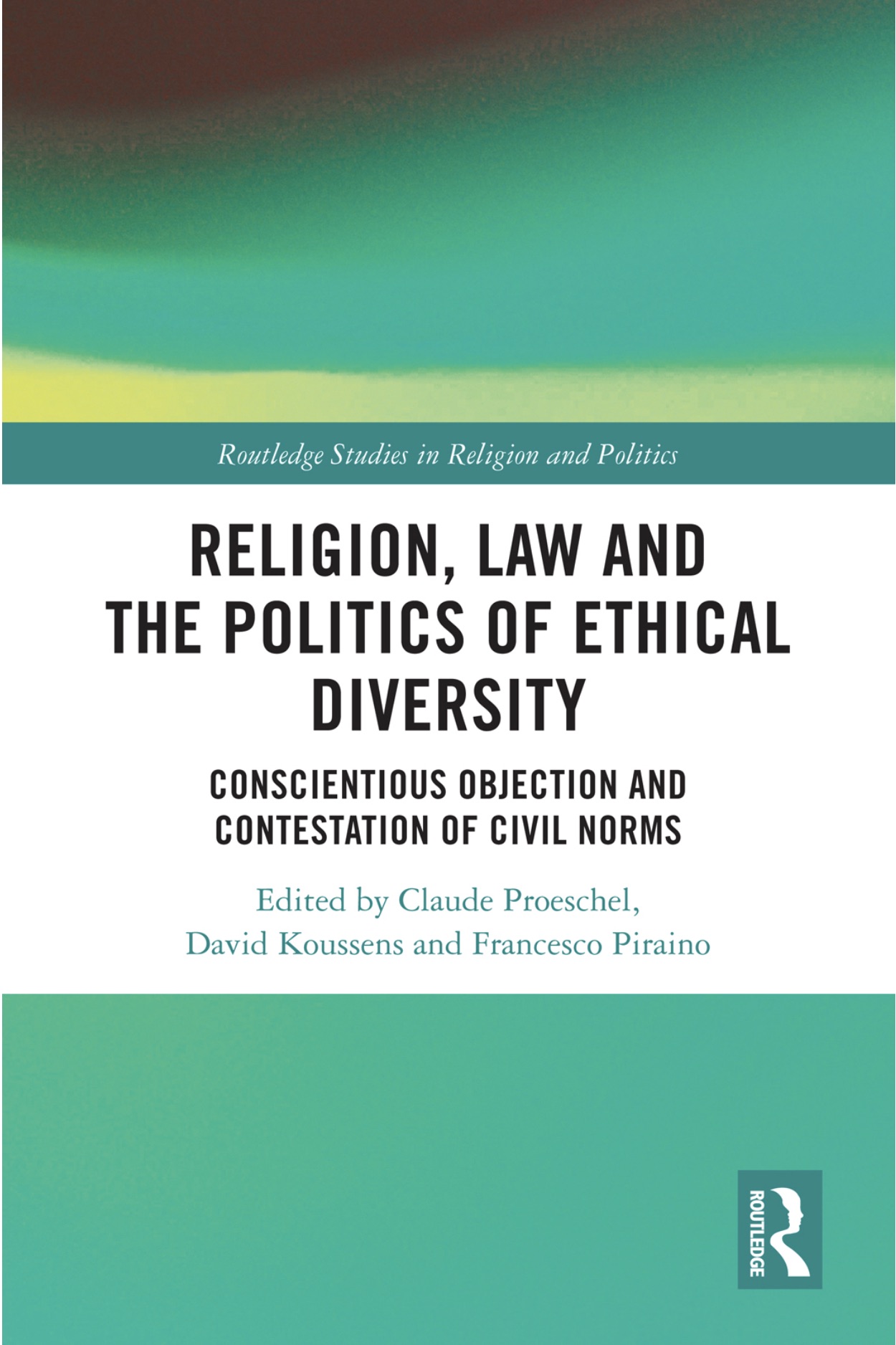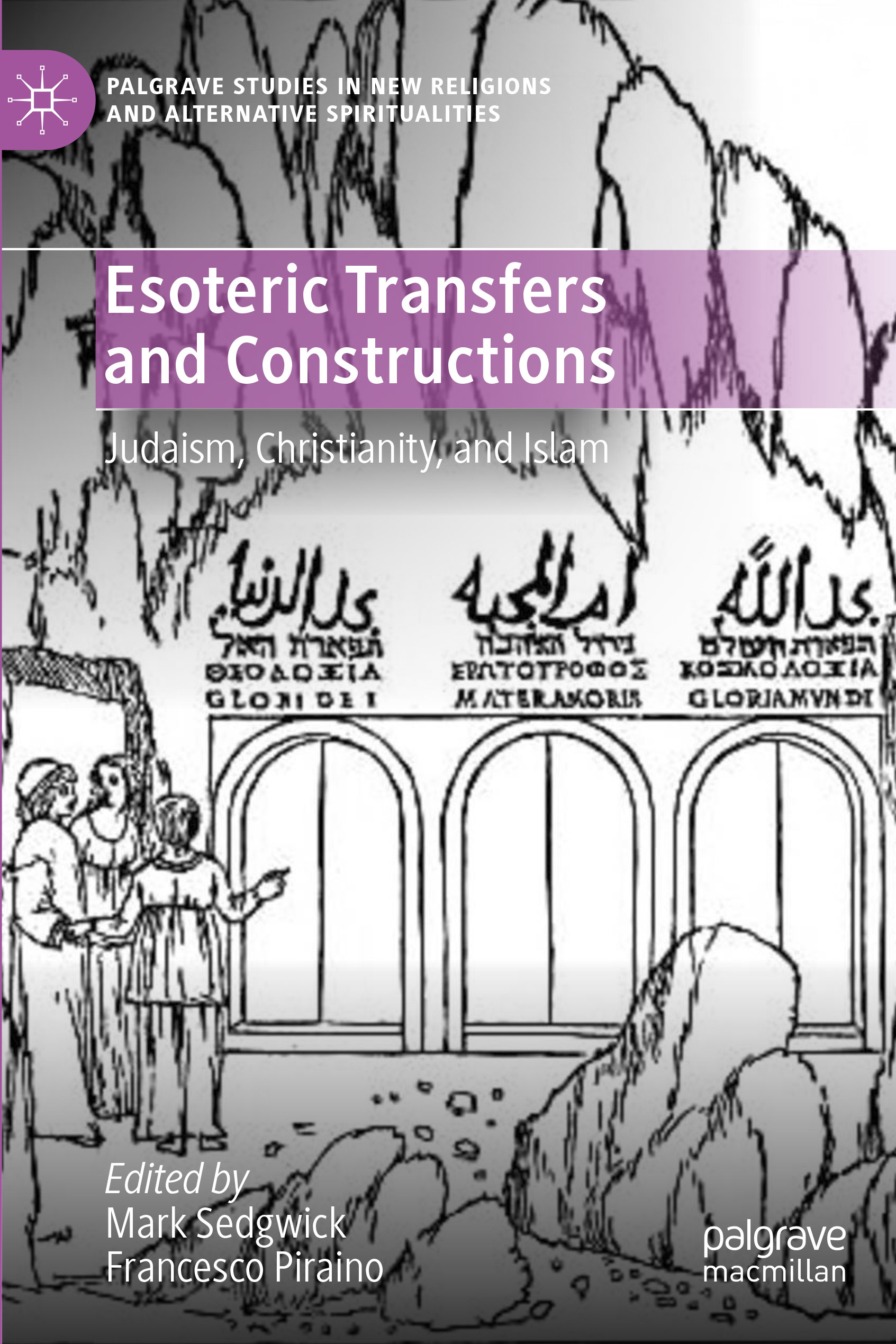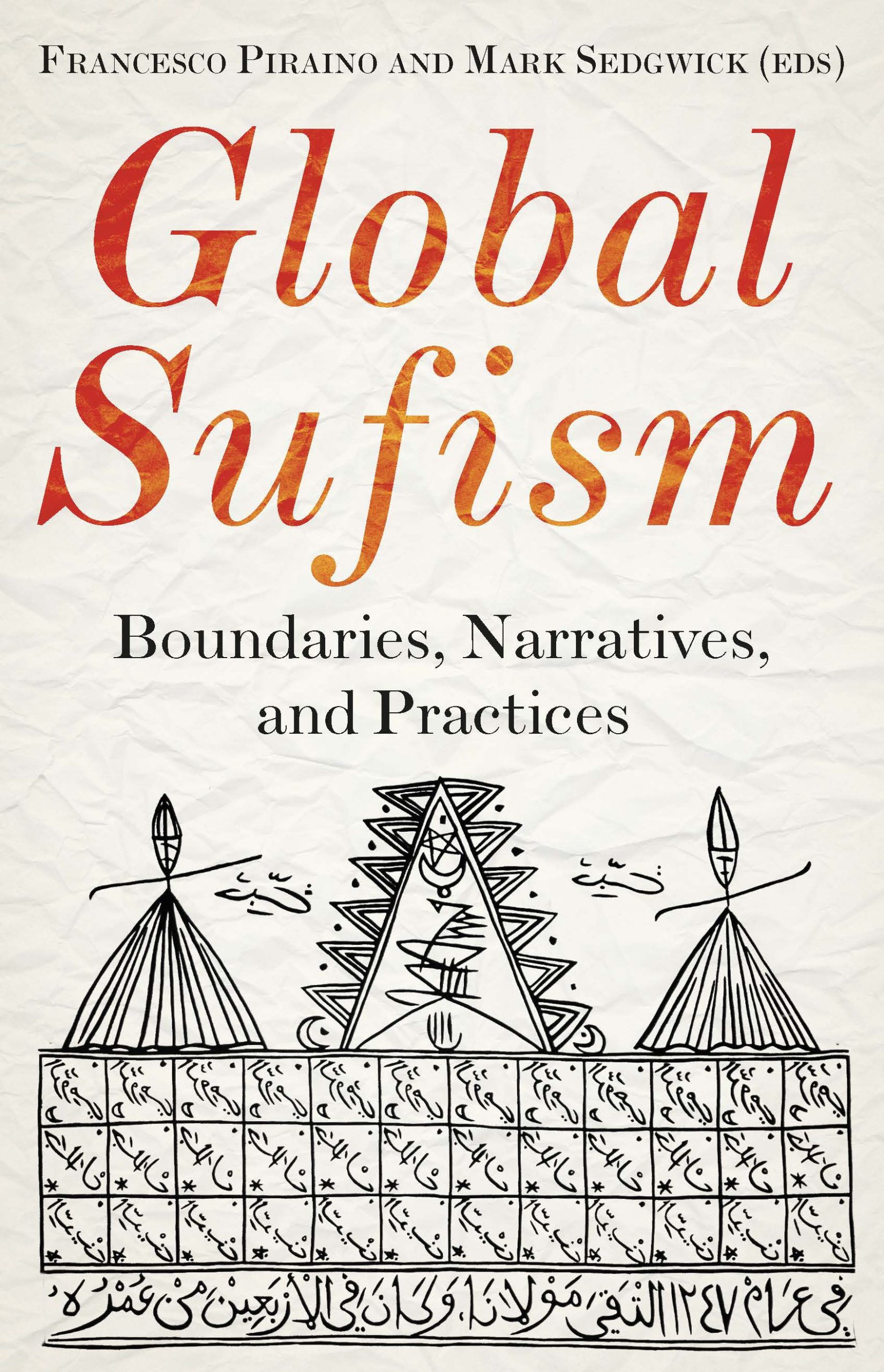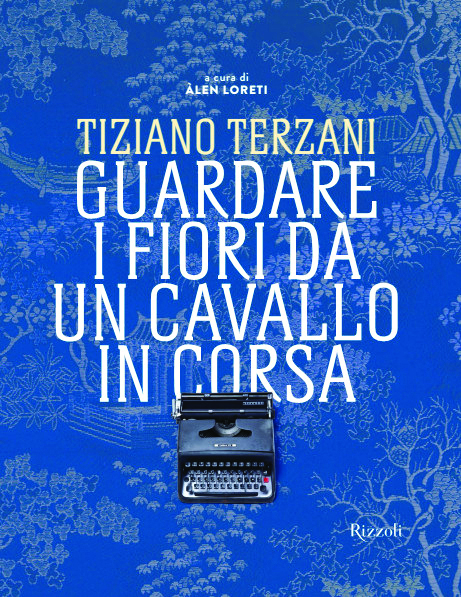The conference, dedicated to the relationship between spirituality and medicine from a comparative and trans-historical perspective, explores folk, vernacular, complementary, alternative, indigenous and biological medicine. The healing movements alternative to scientific medicine that challenged the management of the pandemic often have religious and/or spiritual roots and lead to political repercussions of great impact, providing new energy to nationalism, populism and fundamentalism. The conference will bring together anthropologists, ethnographers, sociologists, historians and experts in religious studies.
The conference is organized jointly by the Centre for Comparative Studies of Civilisations and Spiritualities (Fondazione Giorgio Cini) the Center for the Study of World Religions (Harvard Divinity School), the Center for the Study of Lived Religion (Università Ca’ Foscari) and the HEAL Network for the Ethnography of Healing.
Spiritualities and Healing in Global and Transhistorical Perspectives is part of the annual thematic programme Democracy and Pandemics, which will be highlighted by the exhibition Venice and Epidemies, taking place at the Longhena Library from 20 June.
programmE
[accordion][/accordion]
[accordion_entry title=”Tuesday, 10 June”]
9:30 – 10am | Welcome Greetings
- Francesco Piraino (Fondazione Giorgio Cini)
- Giovanna Parmigiani (Harvard University)
- Emily Pierini (Sapienza University of Rome)
10 – 11:30am | Panel: Spiritualities and Healing in the Mediterranean and Beyond
- Giovanna Parmigiani (Harvard University)
Magic and Healing in Southern Italy: Spiritual Pizzica as a Magical Practice
- Theodoros Kyriakides (University of Cyprus)
Magico-Religious Proximity and the Aesthetics of Healing in Cypriot Yitíes and Yiatrosóphia
- Francesca Conti (The American University of Rome)
Secret Words Revealed: Gender, Tradition, and Change among Italian Folk Healers and Segnature
Chair: Francesco Piraino (Fondazione Giorgio Cini)
11:30 – 12pm | Coffee Break
12 – 1pm | Panel: Spirituality, Healing, and COVID-19
- Bettina E. Schmidt (University of Wales Trinity Saint David)
Non-Ordinary Experiences during the COVID-19 Pandemic
- Felicia Cucuta (Harvard University)
Au Creux de l’Oreille / In Your Ear: The Curative Potential of Arts during the Pandemic
Chair: Giovanna Parmigiani (Harvard University)
2:30 – 4:30pm | Panel: Spiritualities and Healing in Historical Perspective
- Tatiana Tiaynen-Qadir and Ali Qadir (Tampere University, Finland)
Mystical Consciousness and Healing: Modern Eastern Orthodox Mystics between Trascendence and Community
- Claudia Stella Geremia (Harvard University)
Enchanting Remedies: The Donne de Fora and the Blurred Lined between Magic and Healing (16 th -20 th Centuries)
- Silke Felber (University of Arts, Linz, Austria)
Tracing the Pomander: Aromatic Medicine, Colonial Extraction, and the Becoming of the Body in Early Modern Europe
- Maryam Abbasi (Friedrich-Alexander-Universität Erlangen-Nürnberg)
The Zar Ritual: Spirits, Healing, and Cultural Heritage in Southern Iran
Chair: Giovanna Capponi (Universitade do Estado do Rio de Janeiro)
[/accordion_entry]
[accordion][/accordion]
[accordion][/accordion]
[accordion_entry title=”Wednesday, 11 June”]
10 – 11:30am | Panel: Healing between Spiritualities and Biomedicine
- Emily Pierini (Sapienza University of Rome)
Doctors, Saints, and Spirits: Therapeutic Itineraries between Spirituality and Biomedicine
- Géraldine Mossière (Université de Montréal, Canada)
The Work of Energy in Mind-Body Practices: A New Medicine? The Cases of 5 Rhythms and Core Energetics
- Cecilia Draicchio (KU Leuven)
Taking Belief Seriously? Looking at the Intersections of Psychiatry and Spiritual Healing in Ghana Through and Old-Fashioned Category
Chair: Joseph Sanzo (Ca’ Foscari Universtiy of Venice)
11:30 – 12pm Coffee Break
12 – 13pm | Panel: Healing Sounds
- Jessica Roda (Georgetown University)
Jewish Healing, Sounds, Body, and the Global Culture of Wellness
- Zeynep Bulut (Queen’s University Belfast)
Experimental Music as a Sustainable Care Model
Chair: Francesco Piraino (Fondazione Giorgio Cini)
2:30 – 4pm | Panel: Spiritualities, Healing, and Politics
- Luis Fernando Bernardi Junqueira (University of Cambridge)
Mental Healing, Nation Building, and Alternative Modernities in Early 20th-Century China
- Pilar Morena d’Alò (Newcastle University)
Spirituality as Decolonisation: Co-option and Embracement in Argentine Feminism
- Fernanda Gebara (Yorenka Tasorentsi Institute)
Ancestral Medicines, Biocultural Conservation, and the Politics of Recognition: Indigenous Spiritualities as Pathways to Healing the Future
Chair: Giovanna Parmigiani (Harvard University)
[/accordion_entry]
[accordion][/accordion]
[accordion][/accordion]
[accordion_entry title=”Thursday, 12 June”]
10 – 11am | Panel: Spiritualities and Healing from South America
- Giovanna Capponi (Universitade do Estado do Rio de Janeiro)
Health Practices in Afro-Brazilian Religions: Navigating Science, Ecology, and Public Health Crises
- Piera Talin (Center for the Study of Lived Religion at Cà Foscari University of Venice)
Rite and Treatment in Ayahuasca Religions and Urban Neo-Shamanic Ayahuasca Groups
Chair: Emily Pierini (Sapienza University of Rome)
11 – 11:30am Coffee break
11:30 – 12:30pm Round Table
[/accordion_entry]
[accordion][/accordion]
The conference will be held in English.
